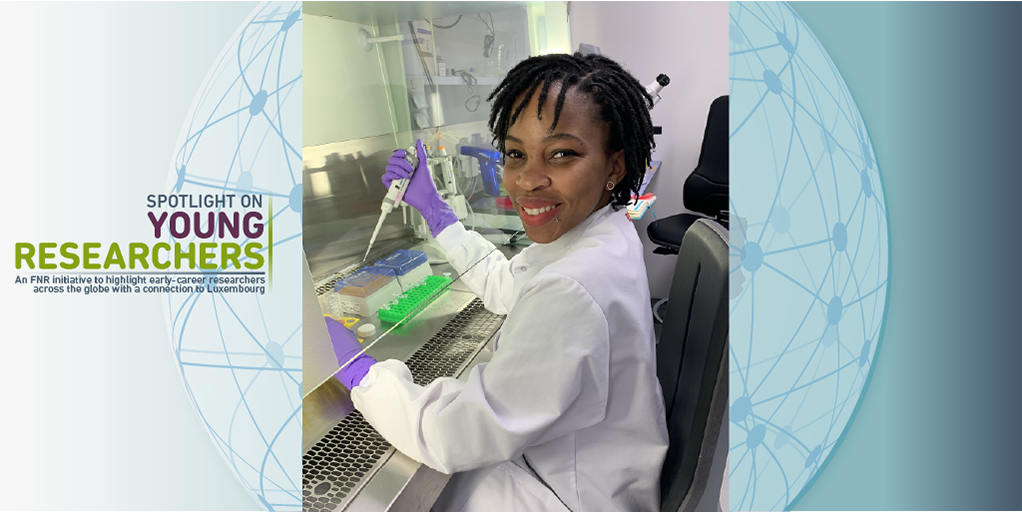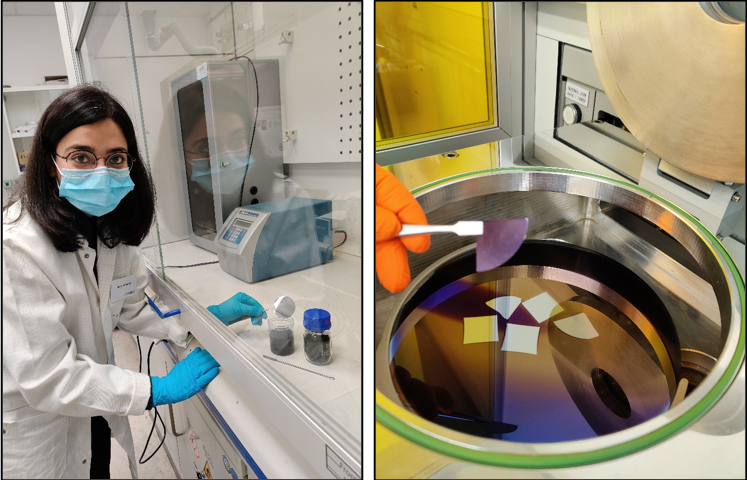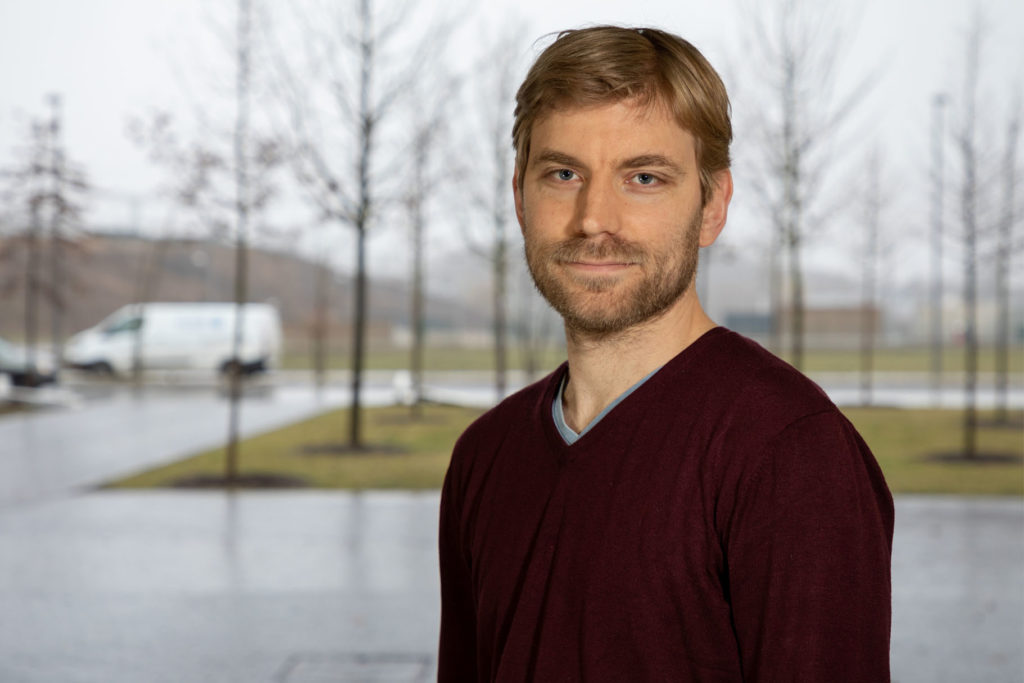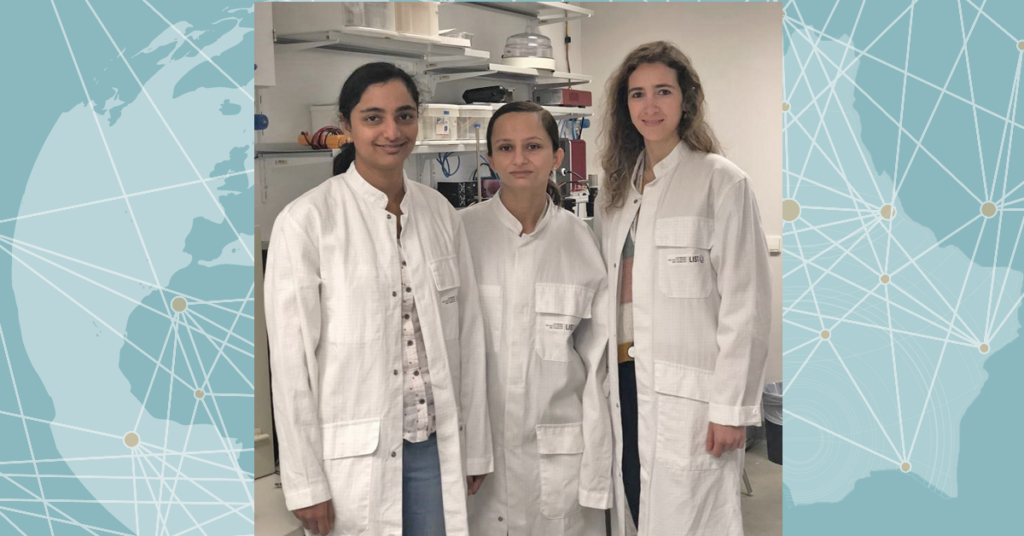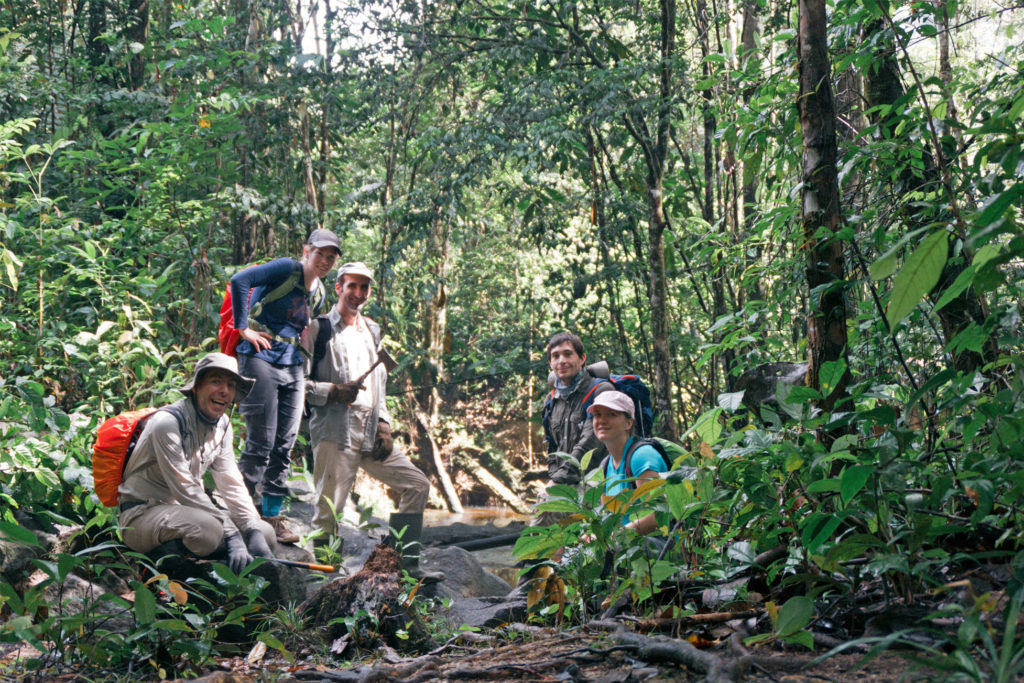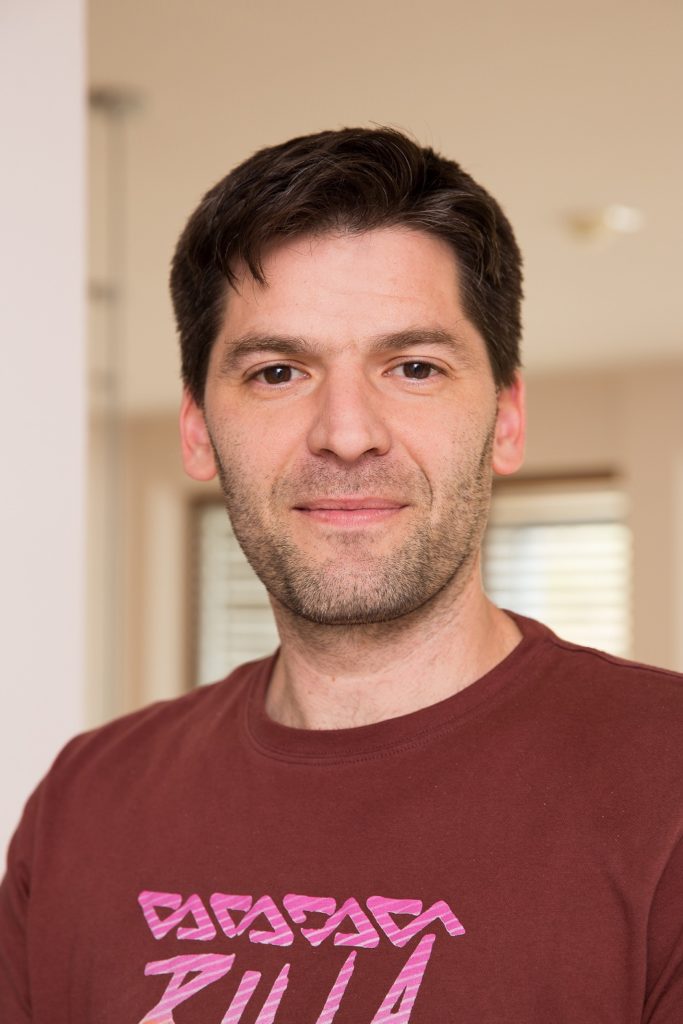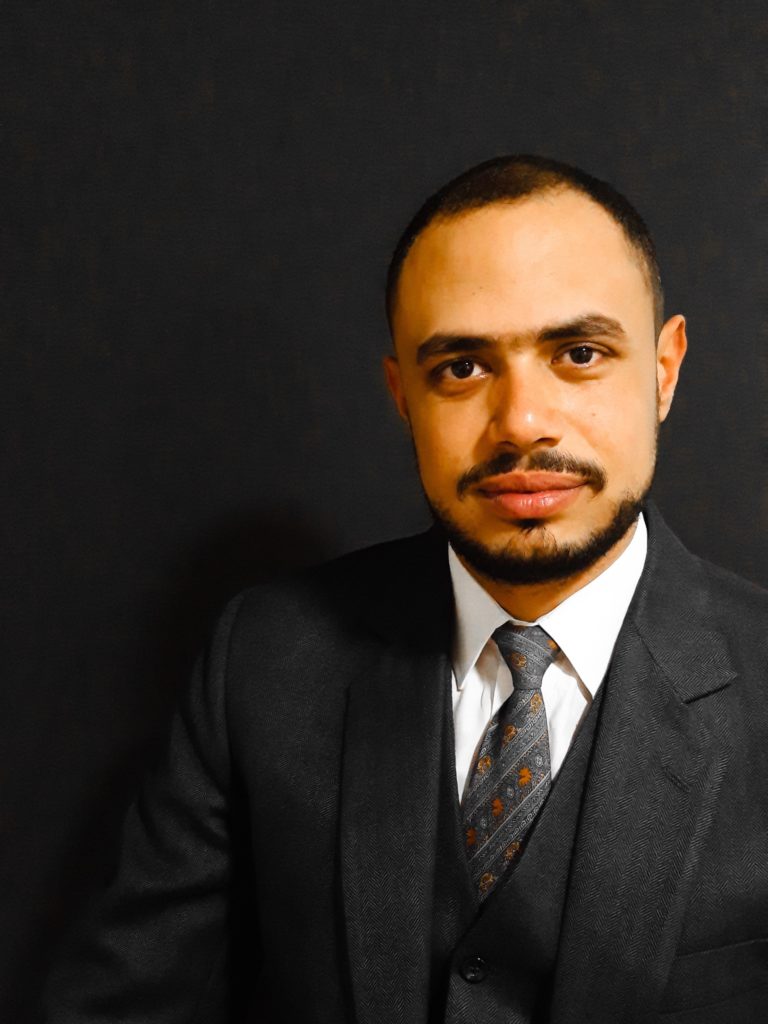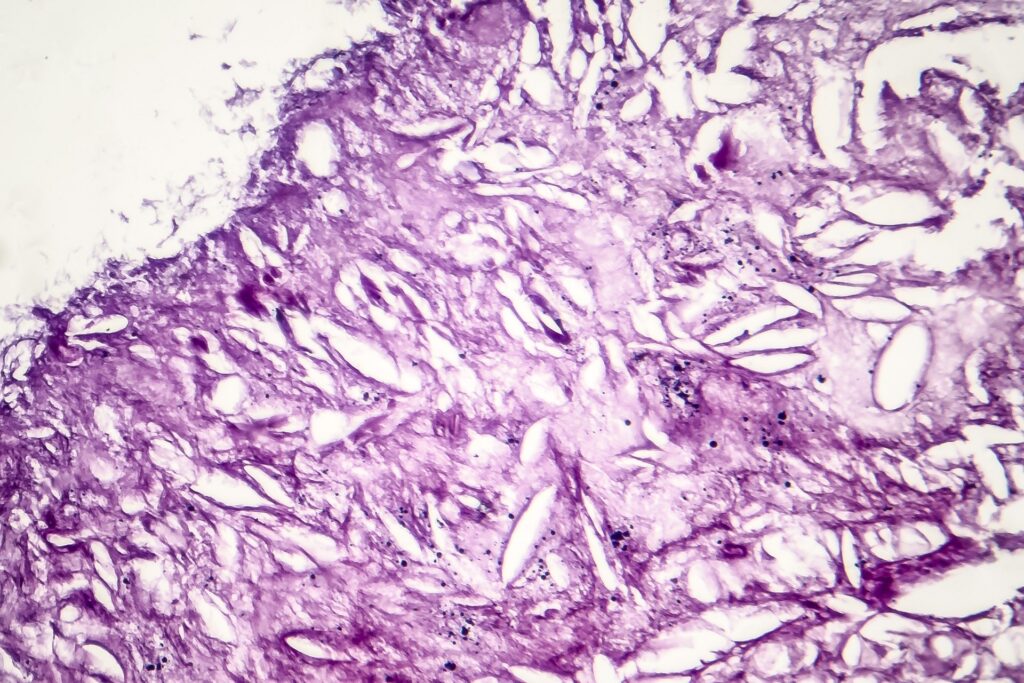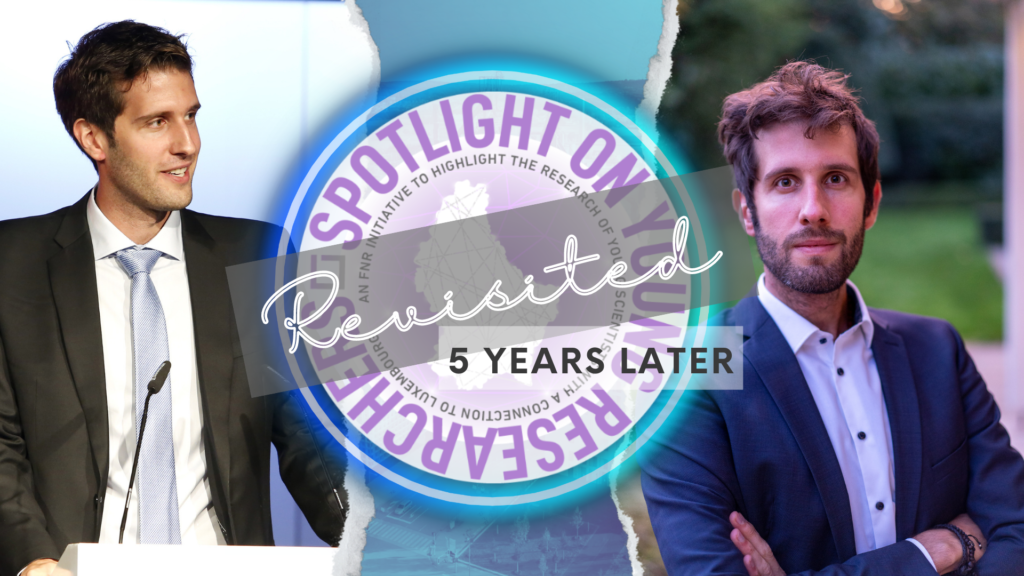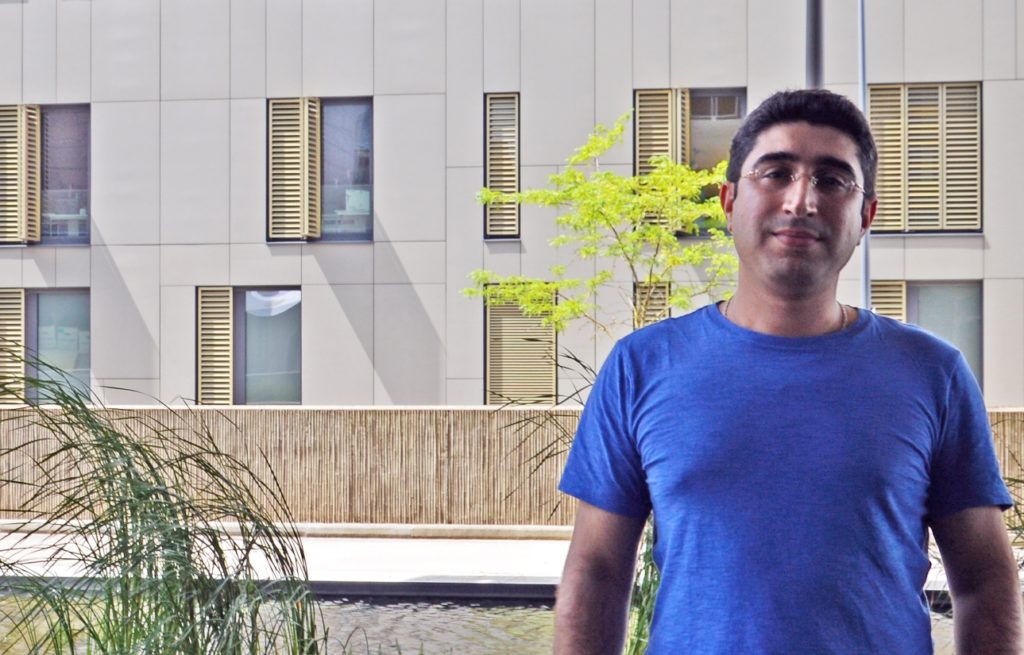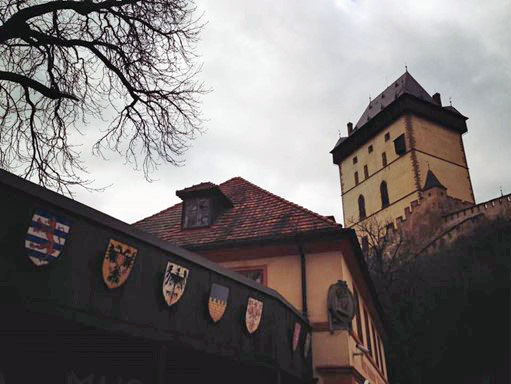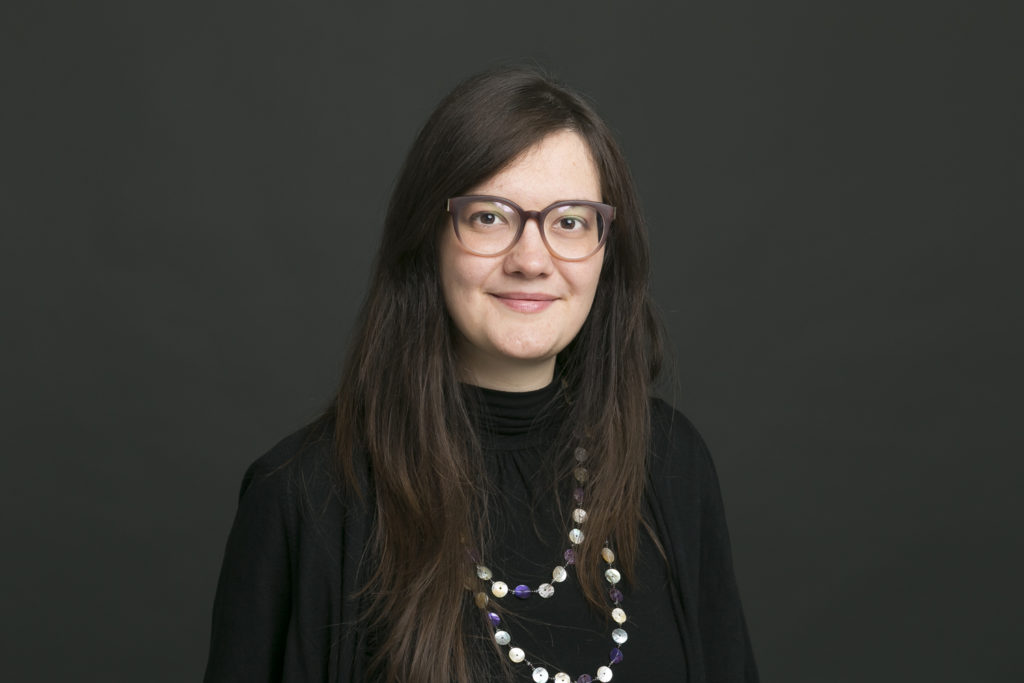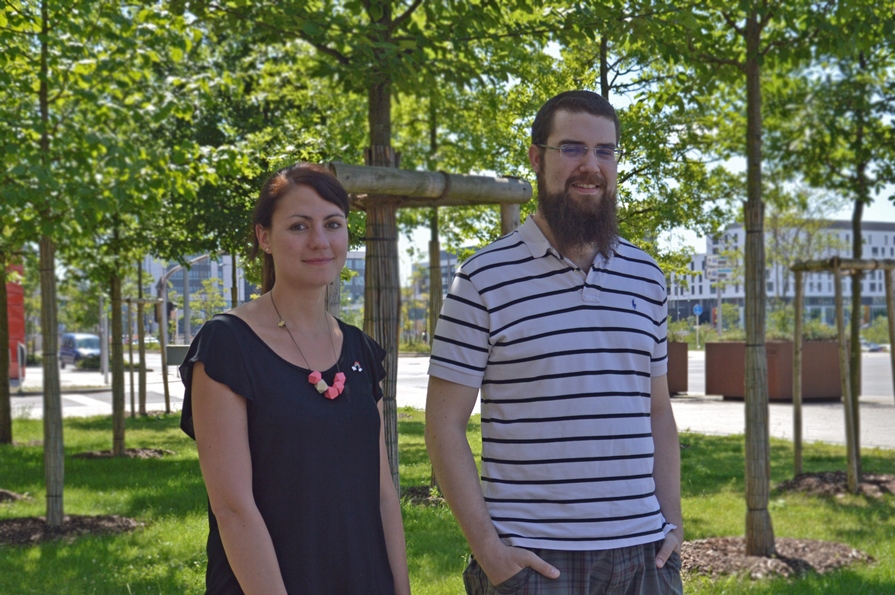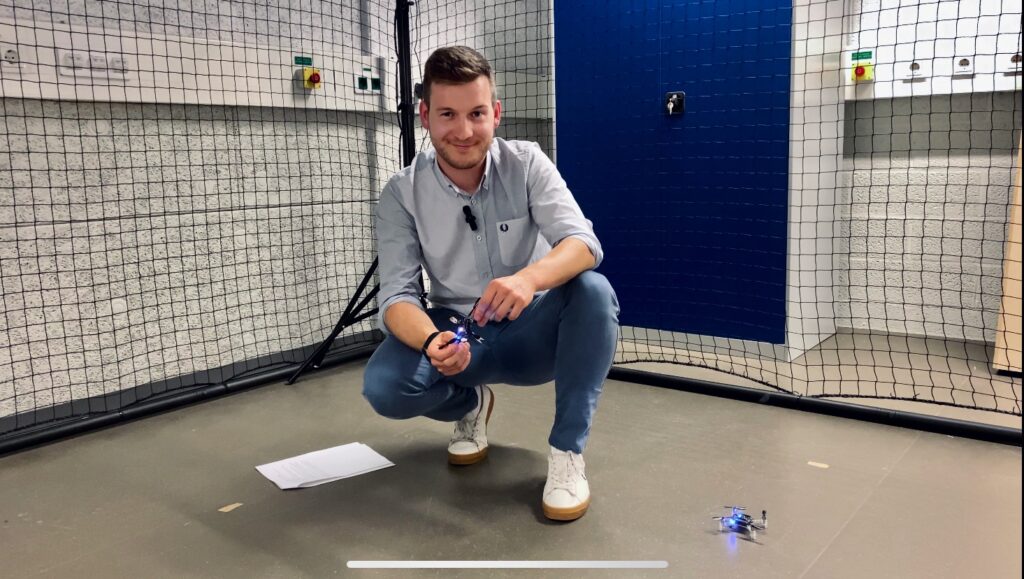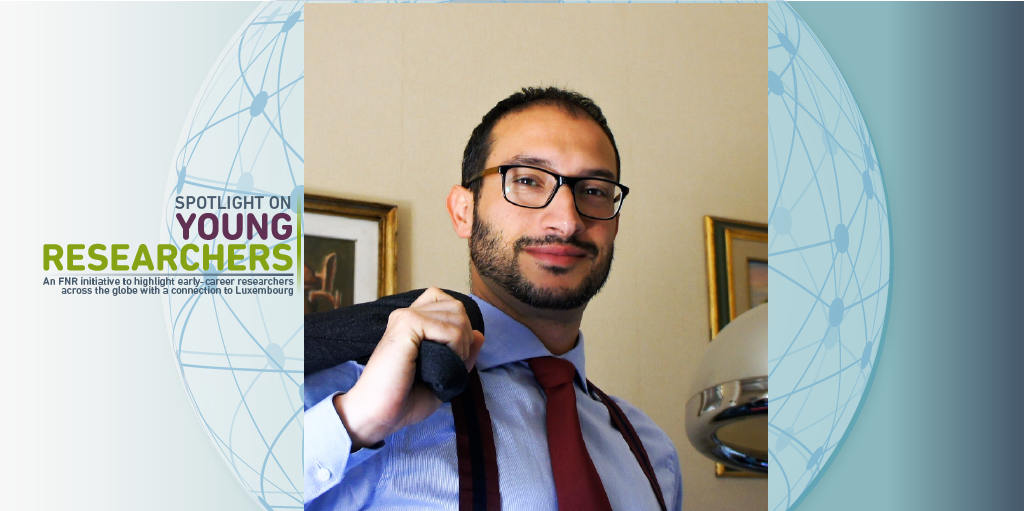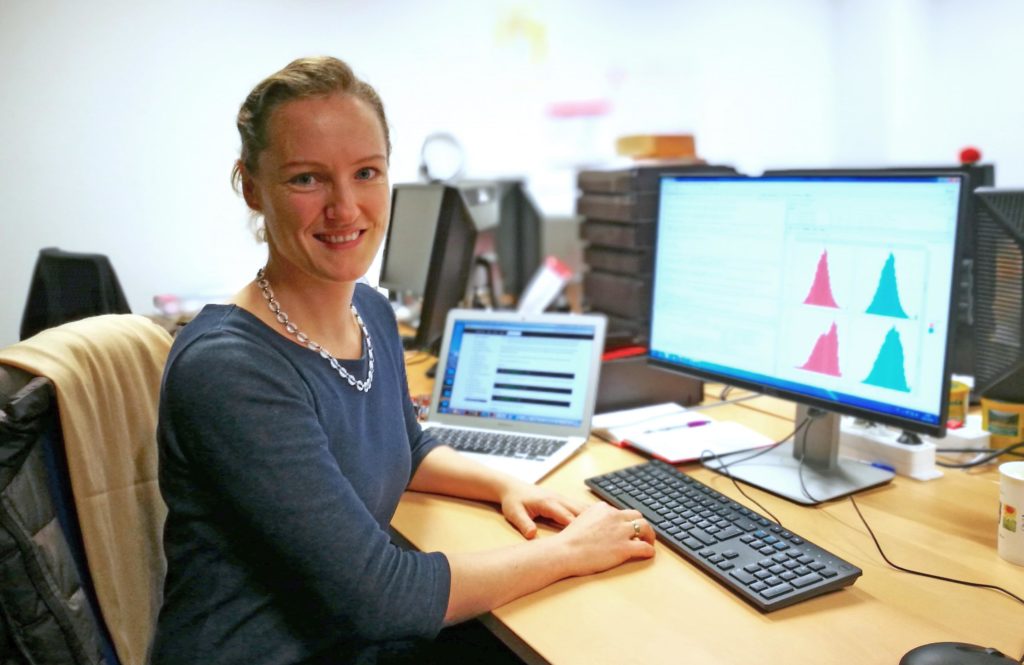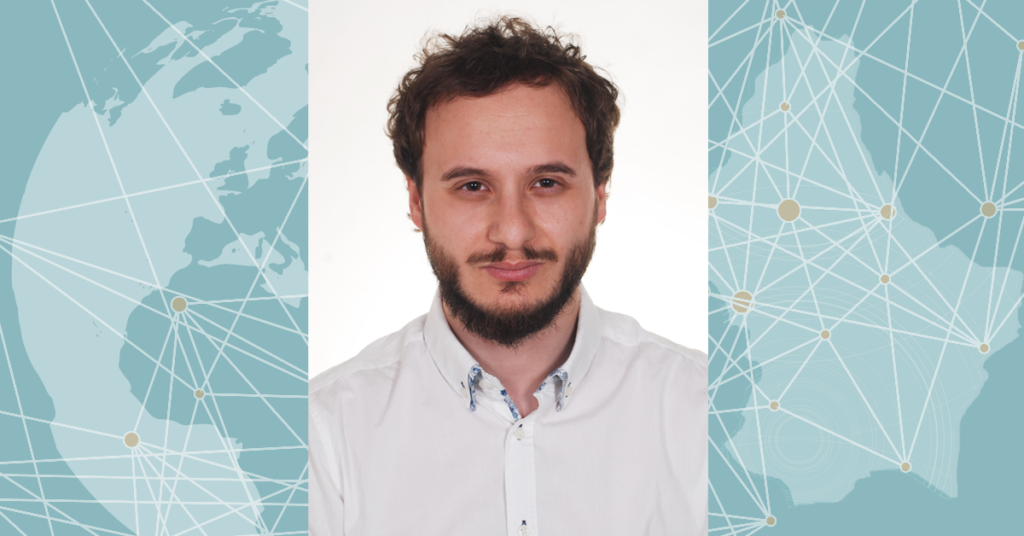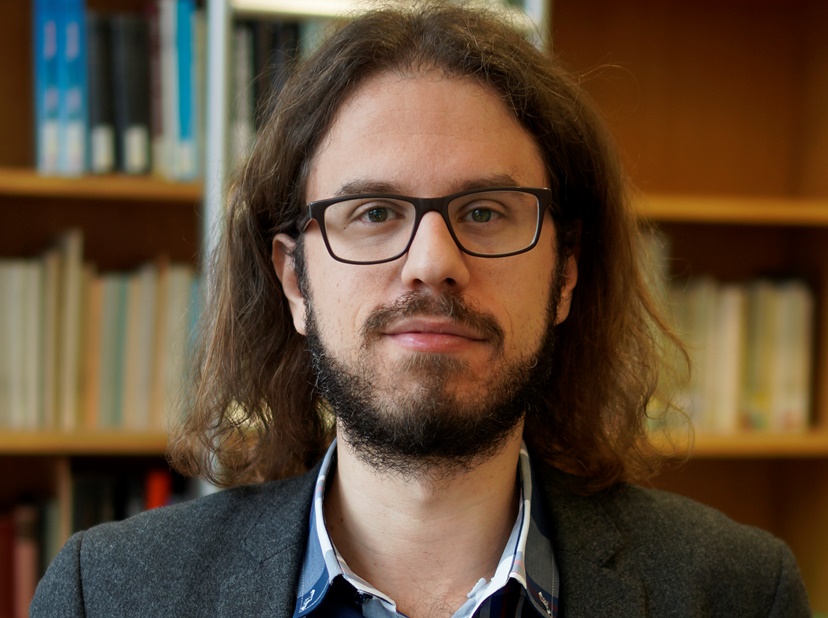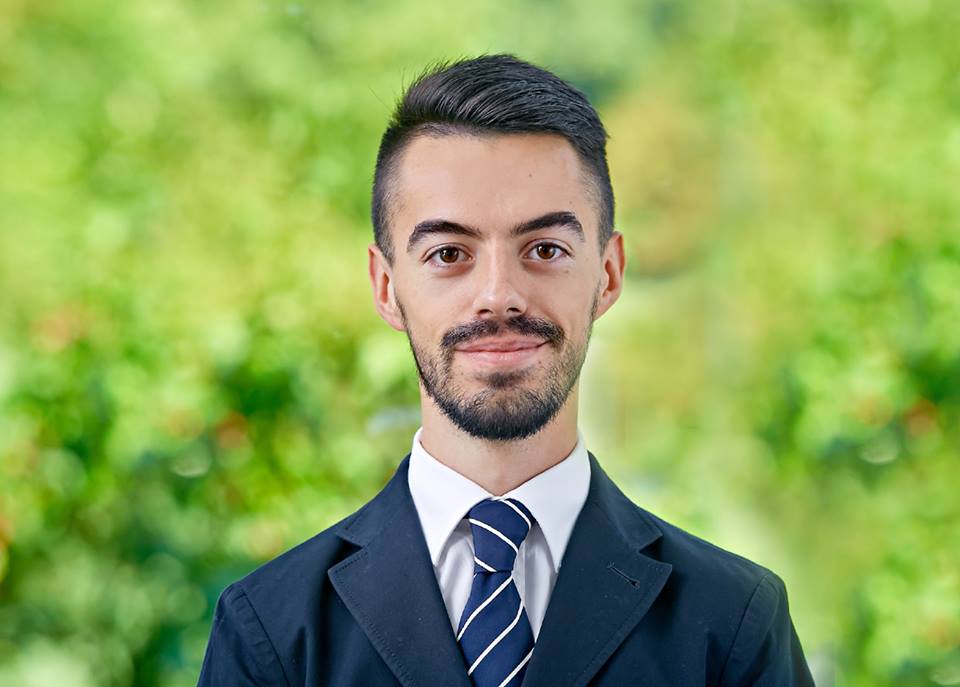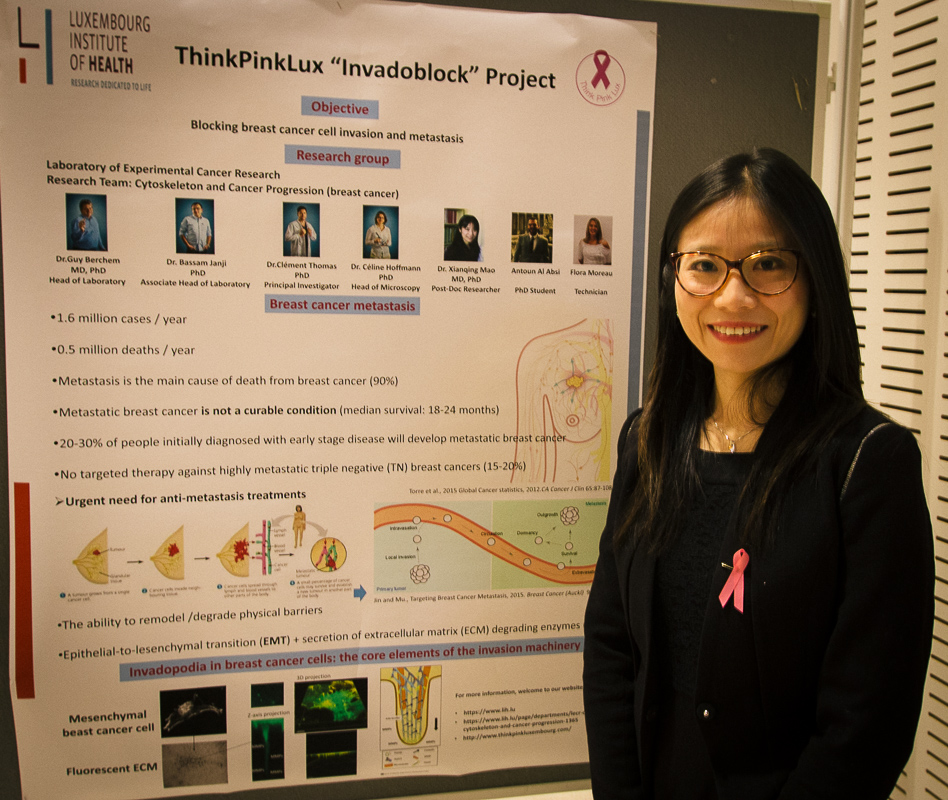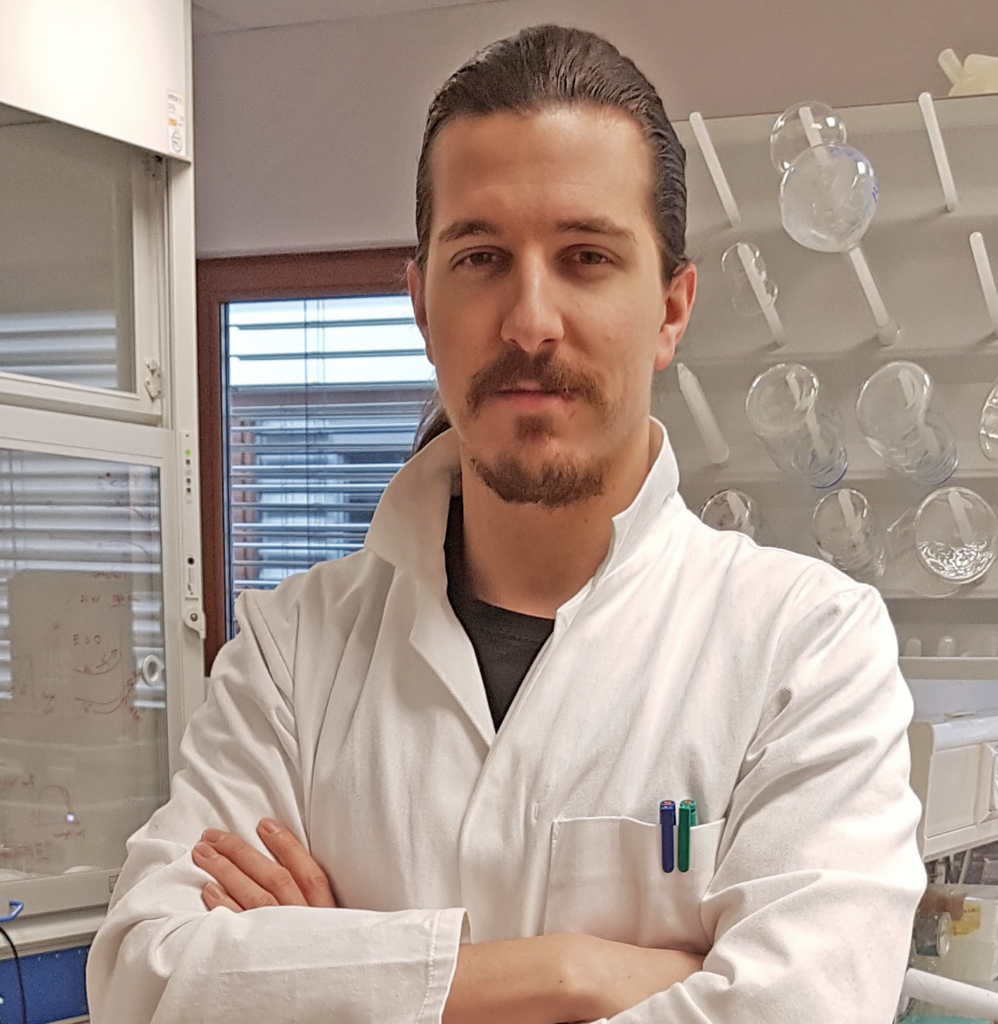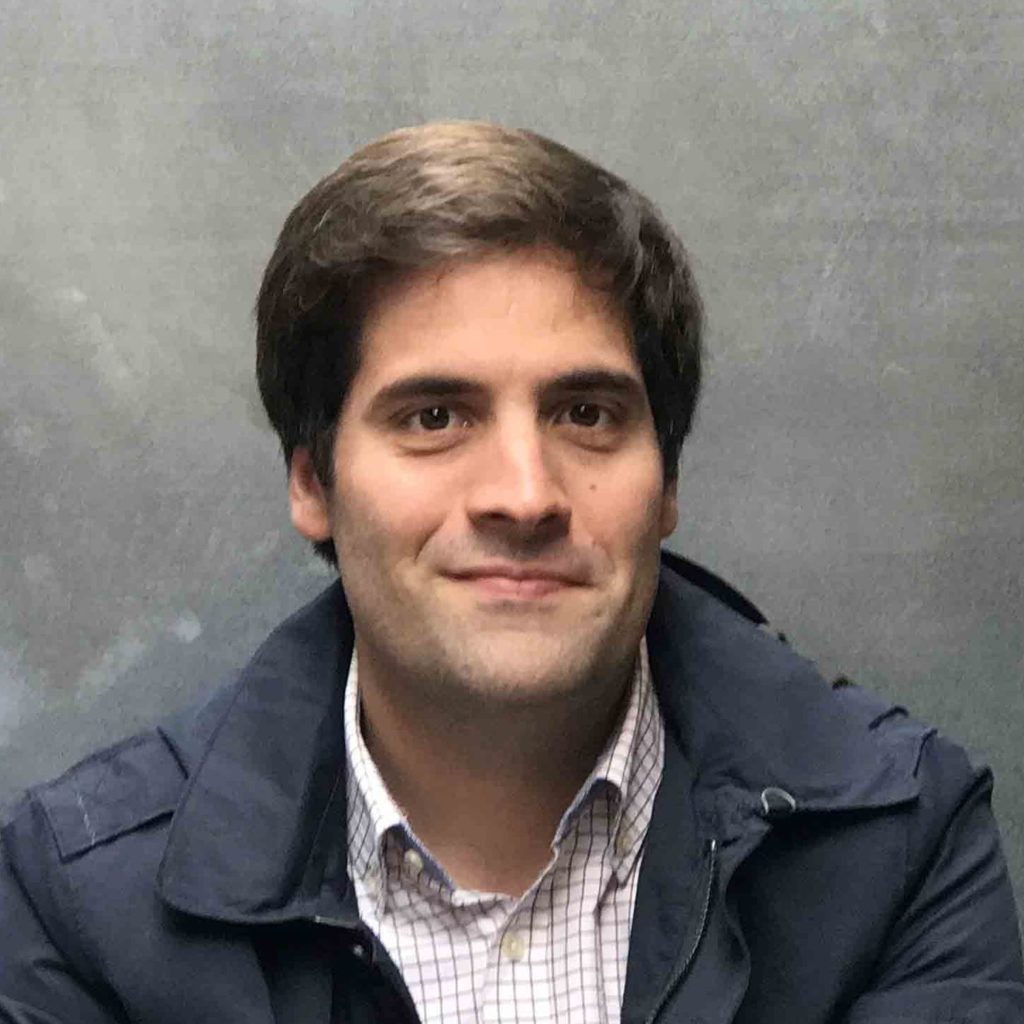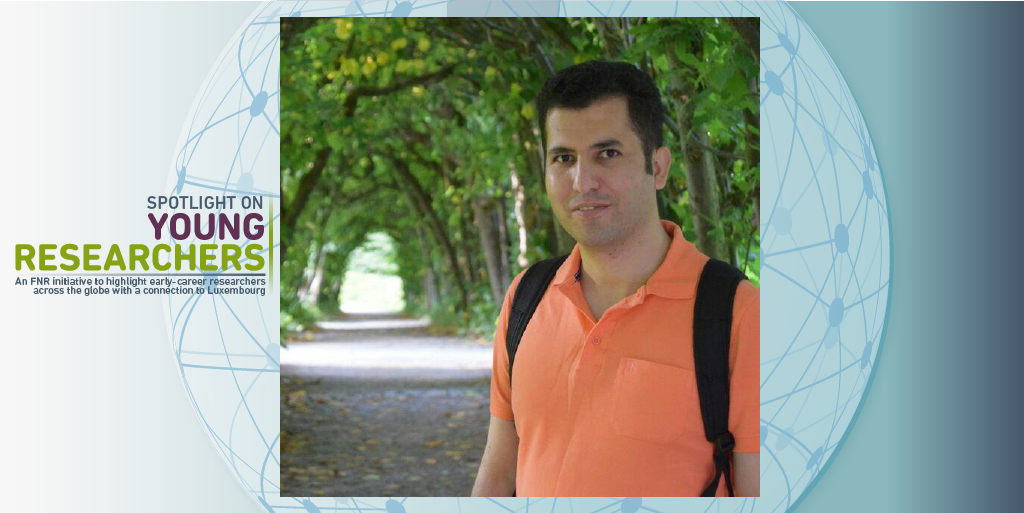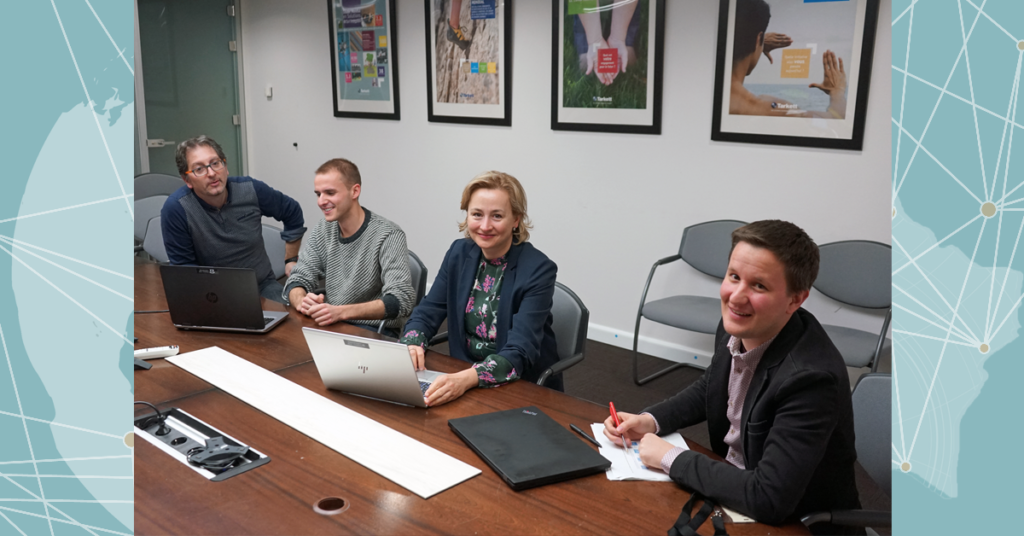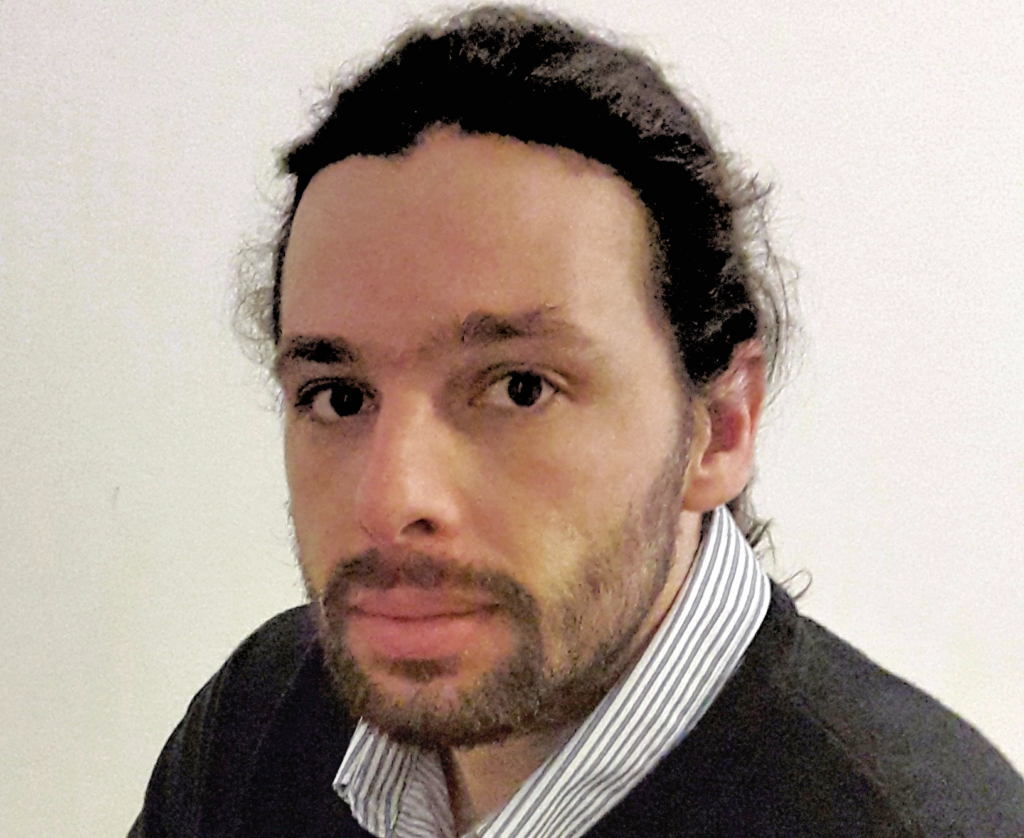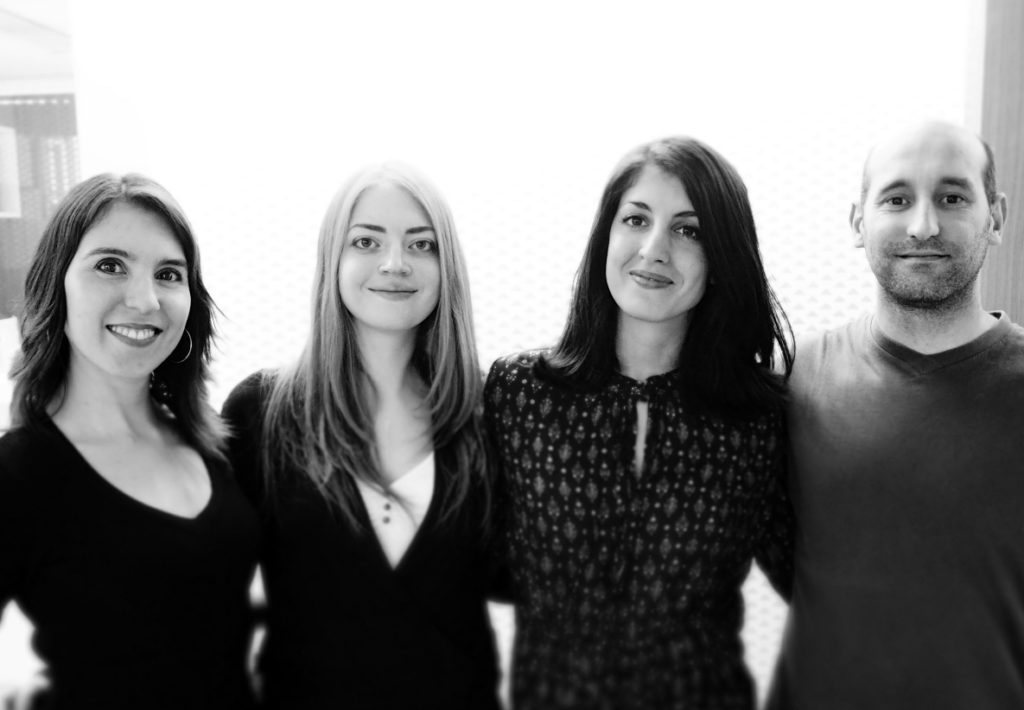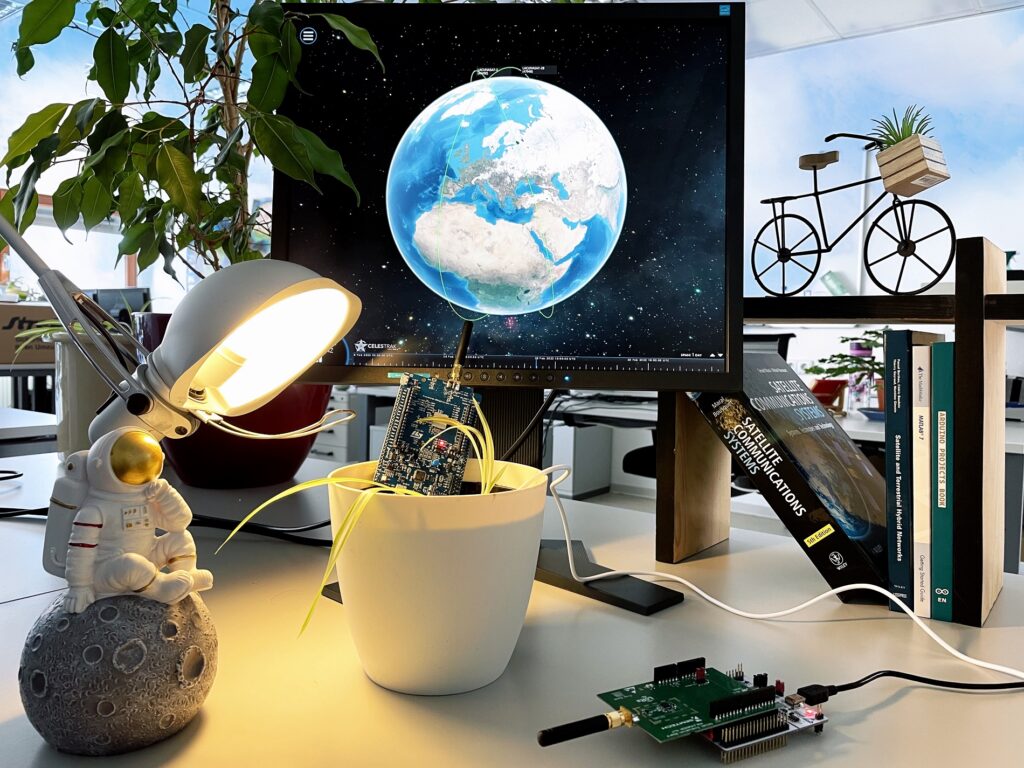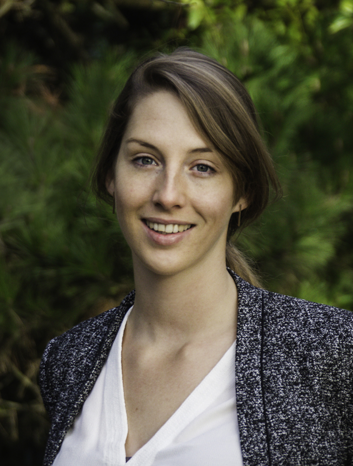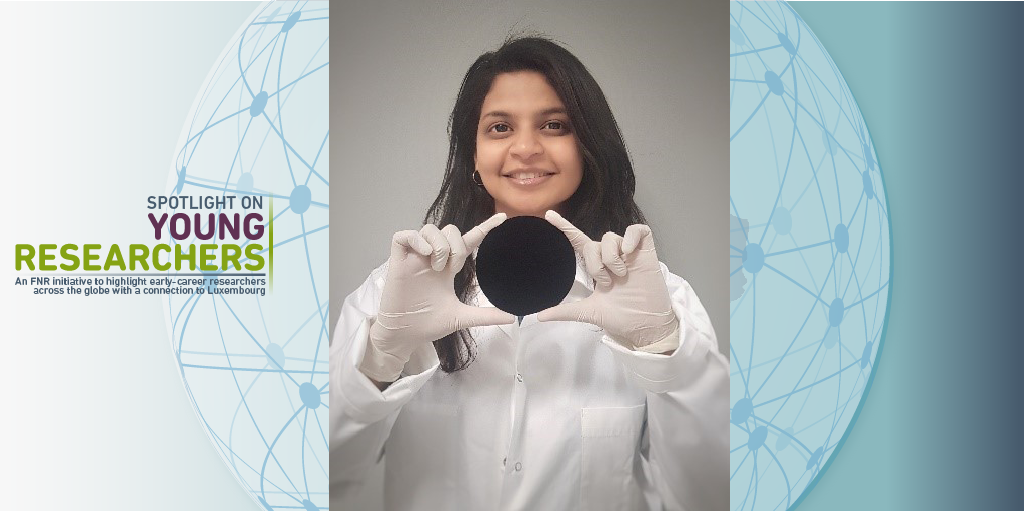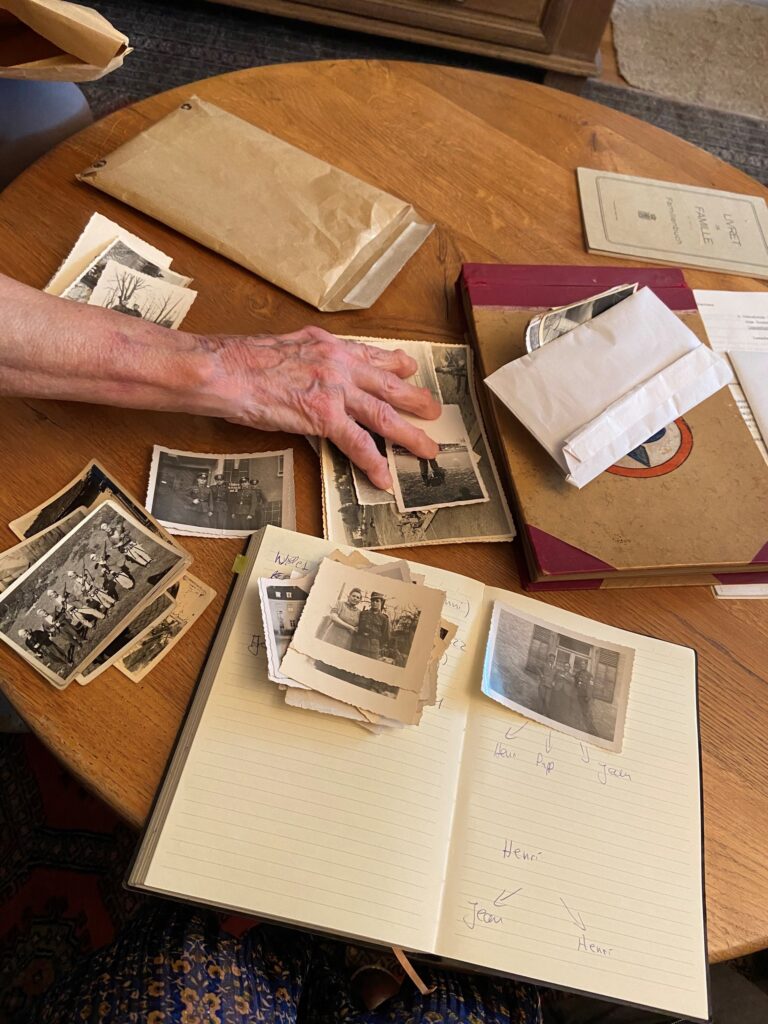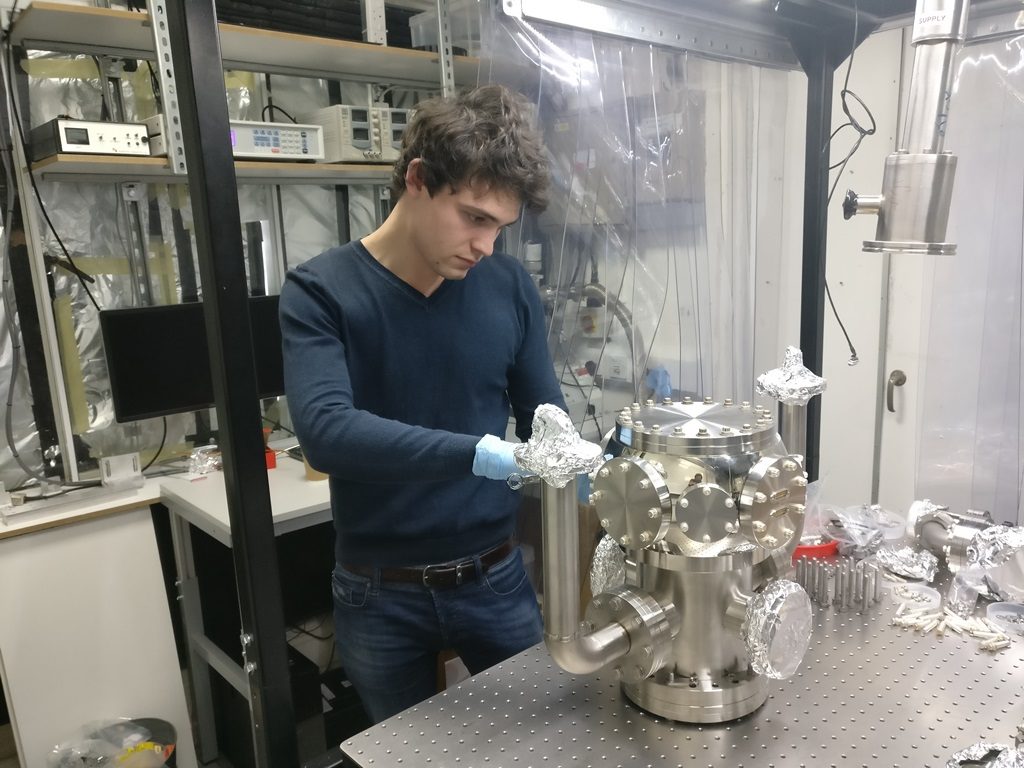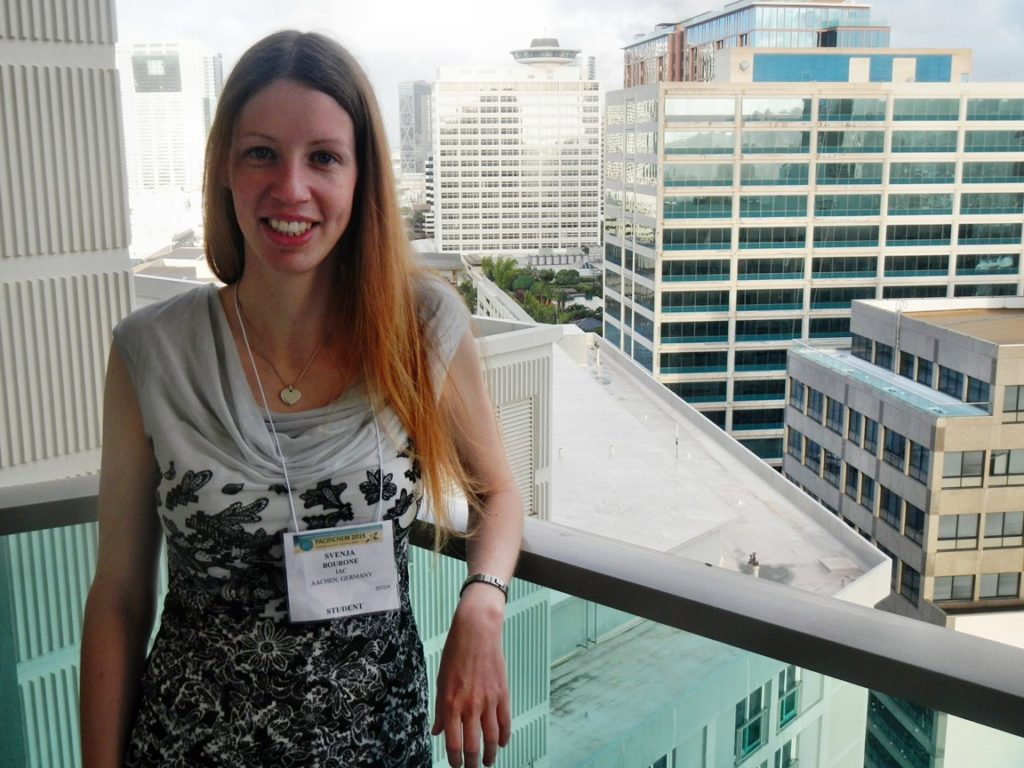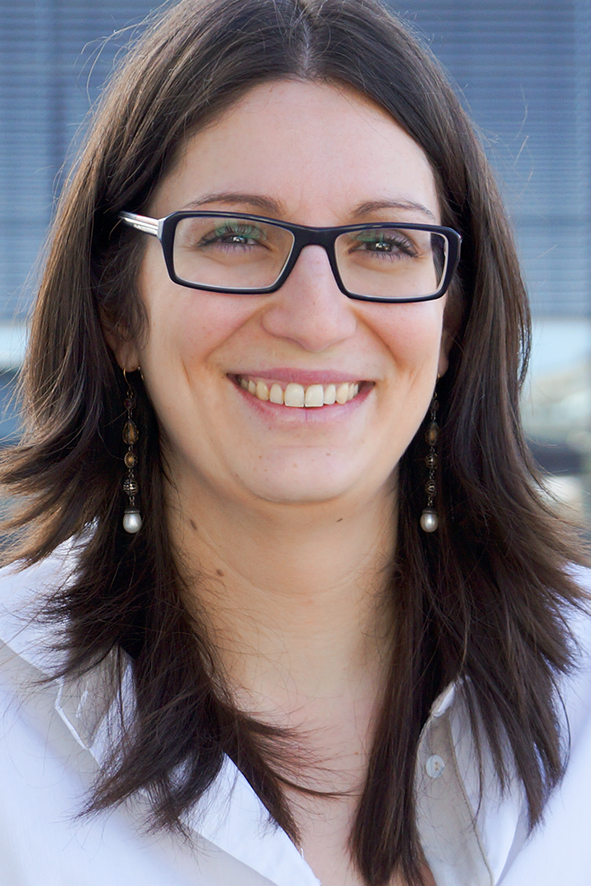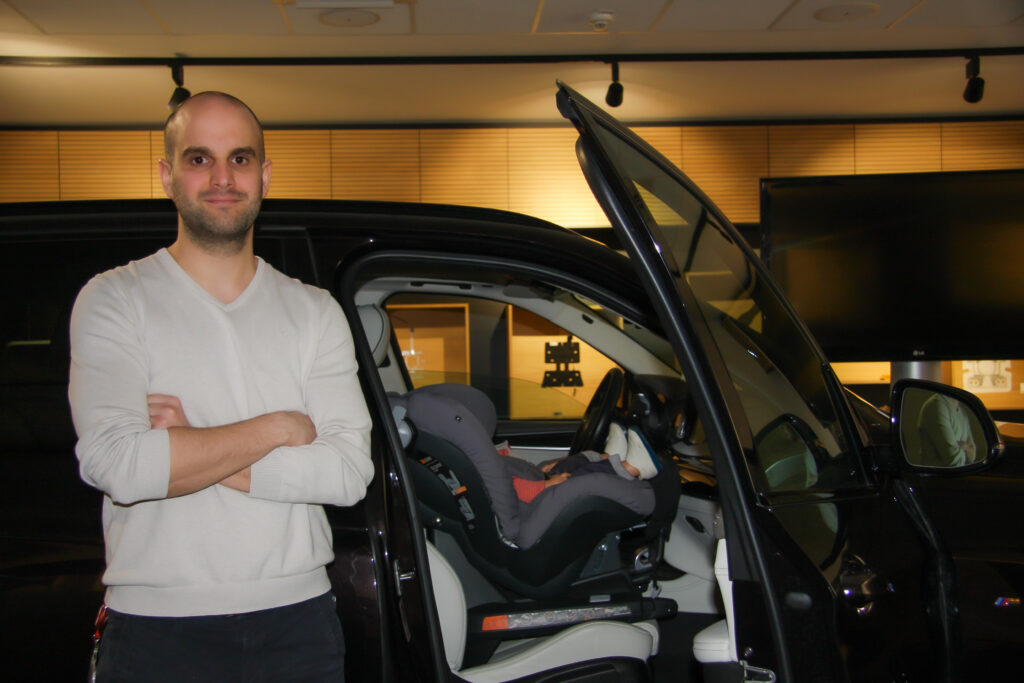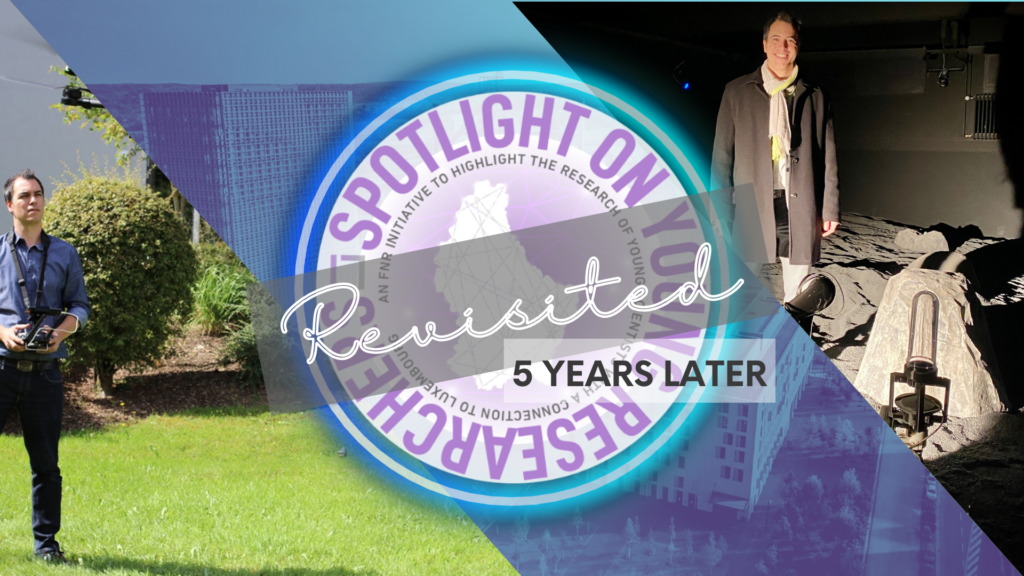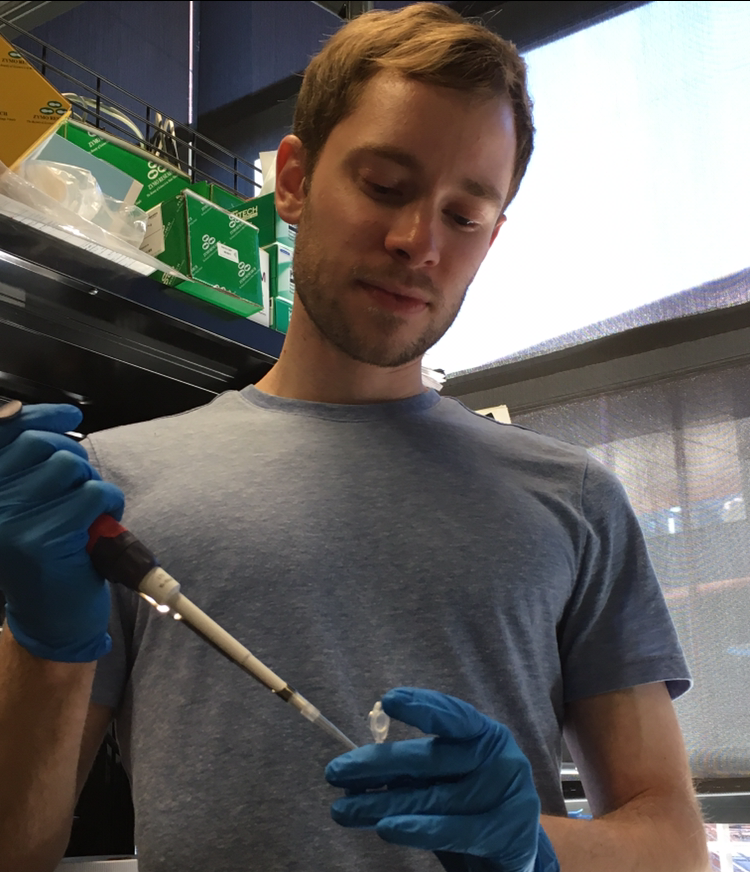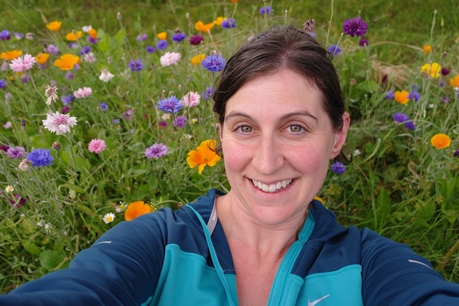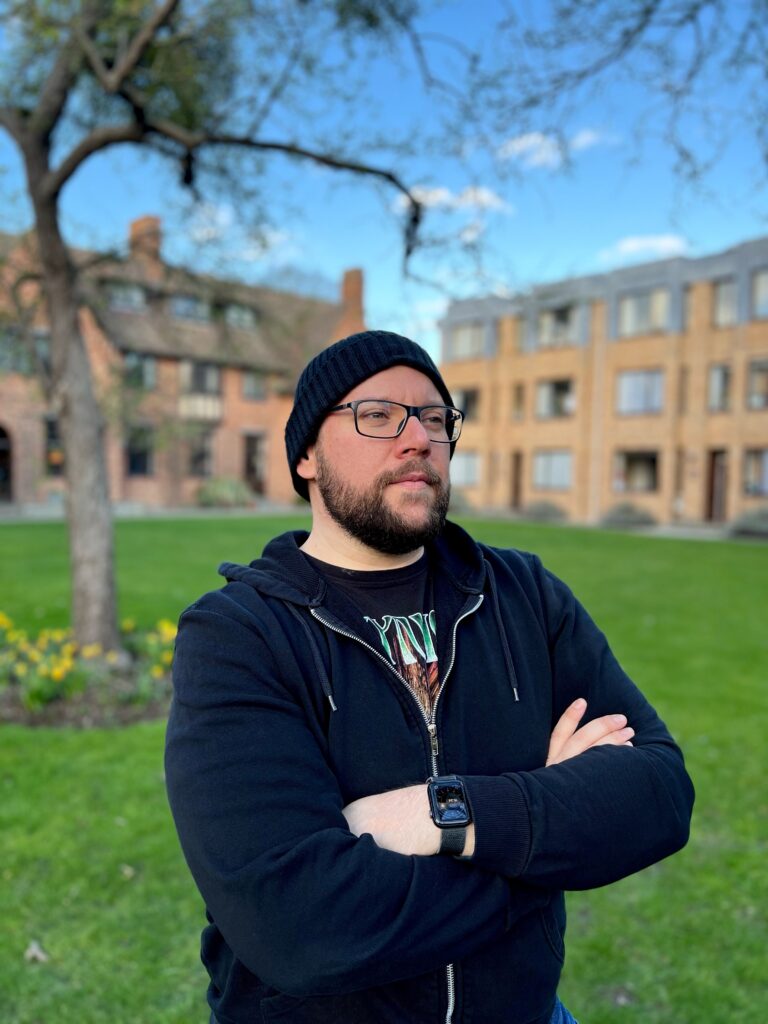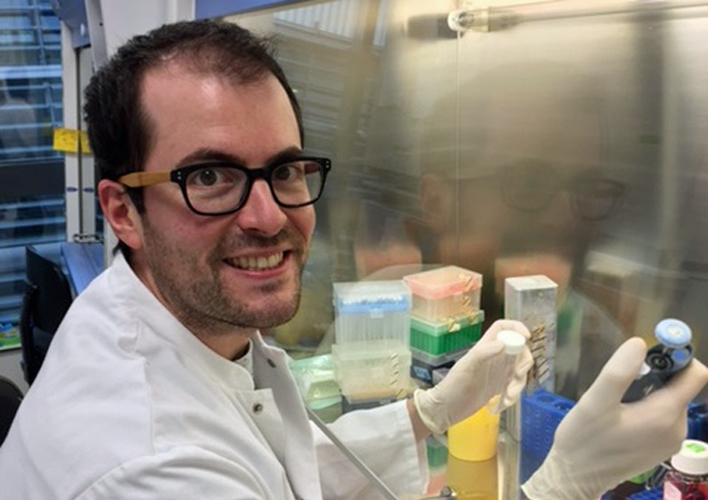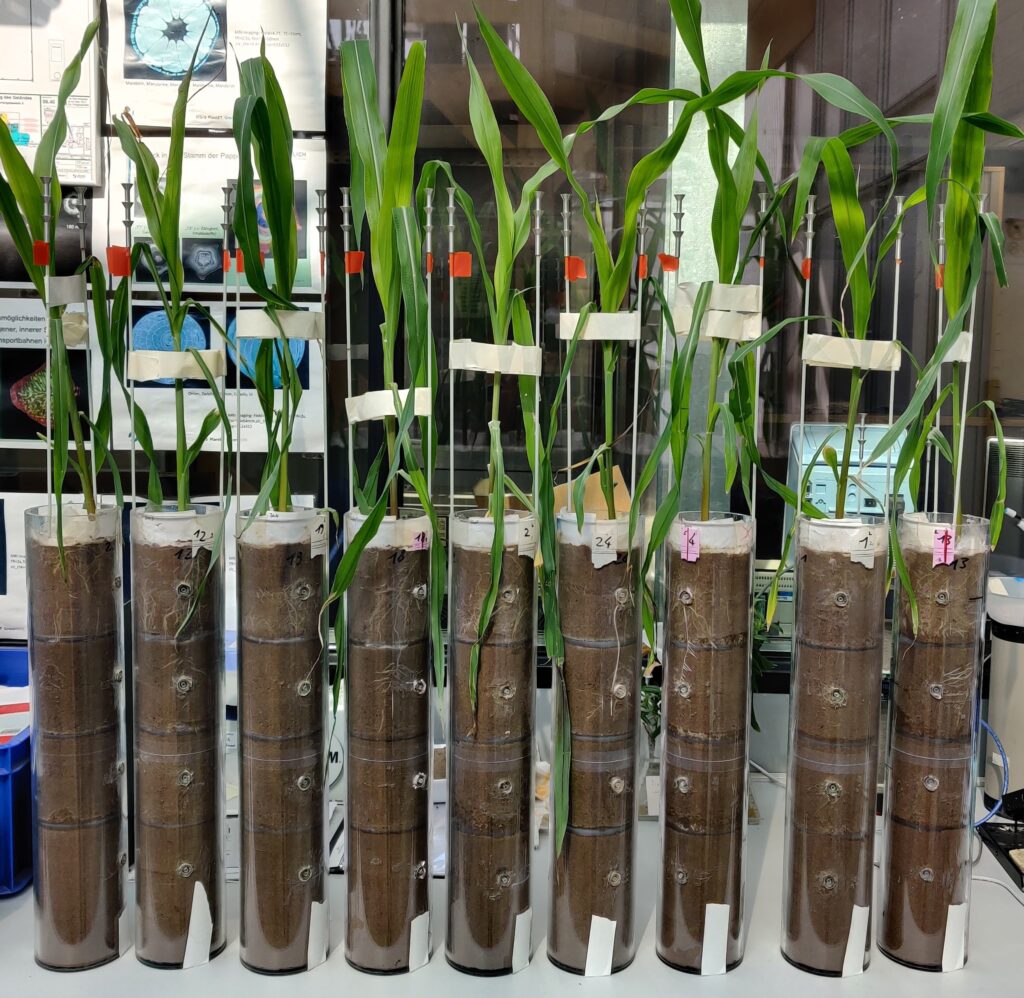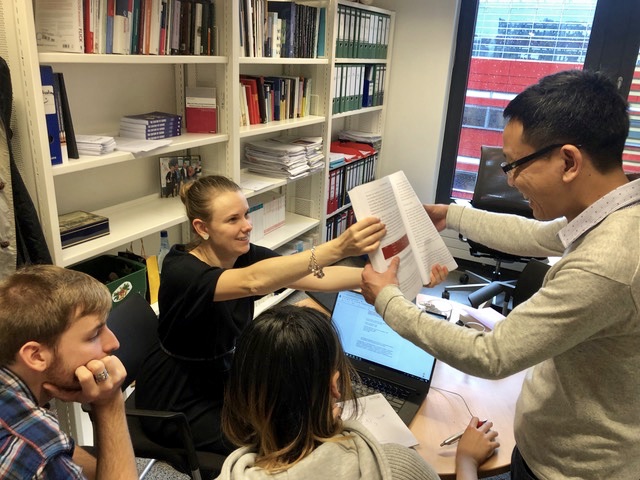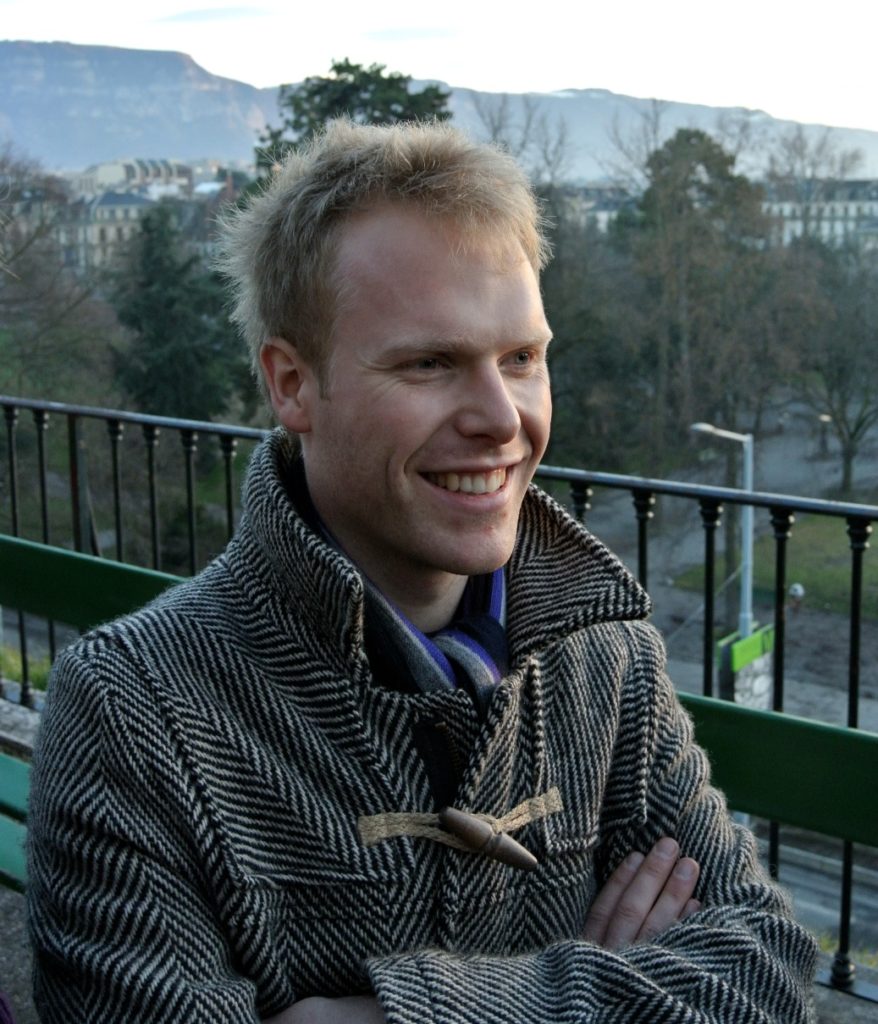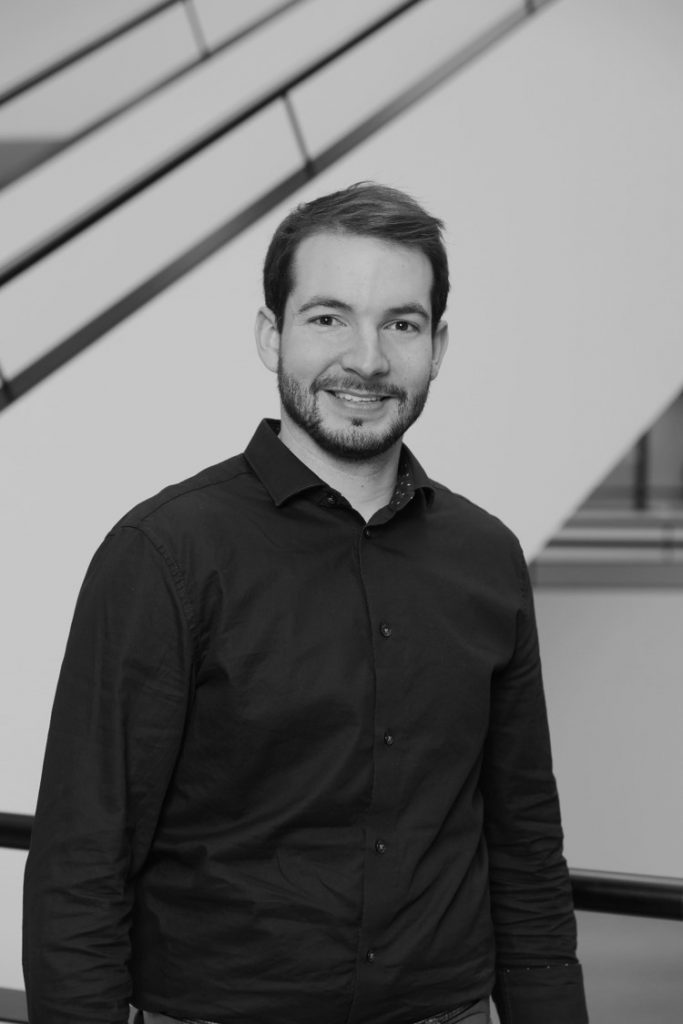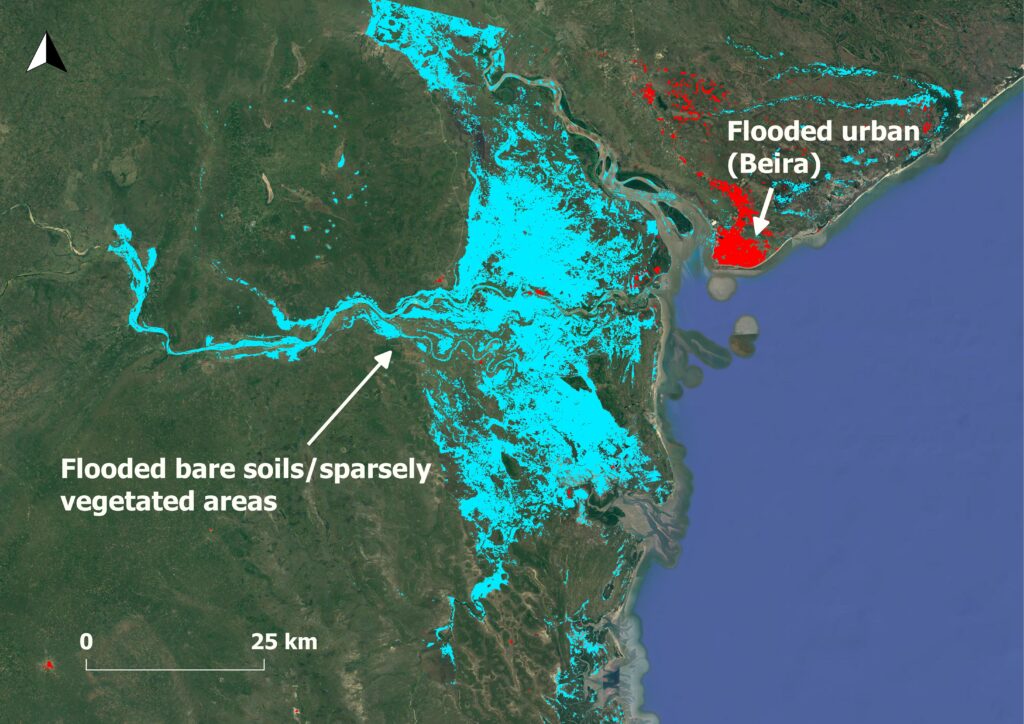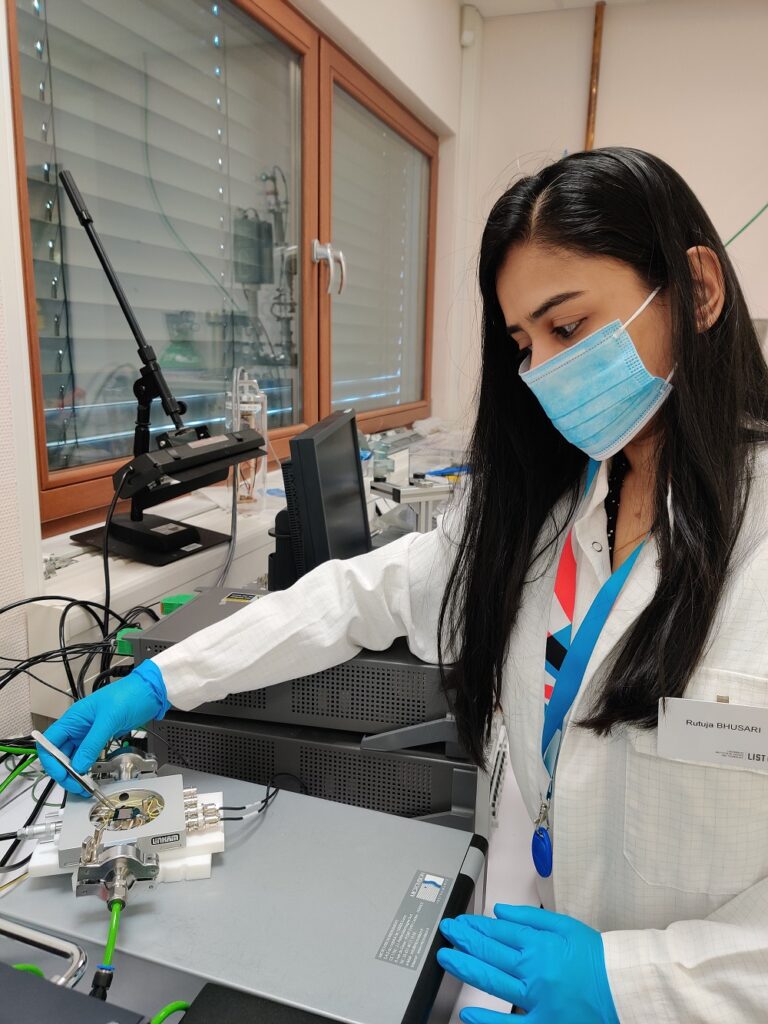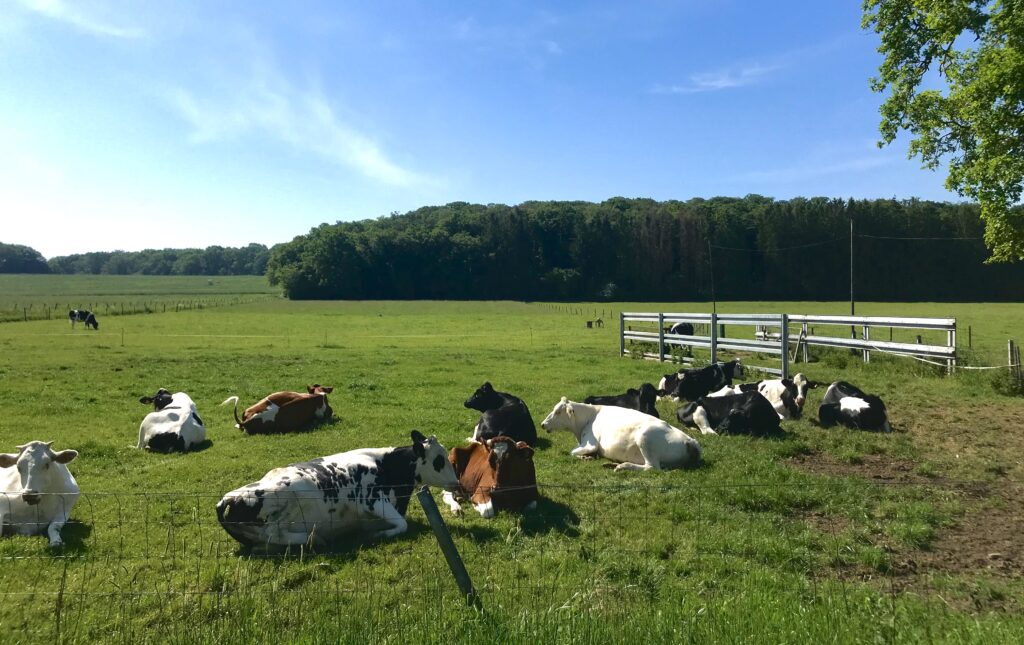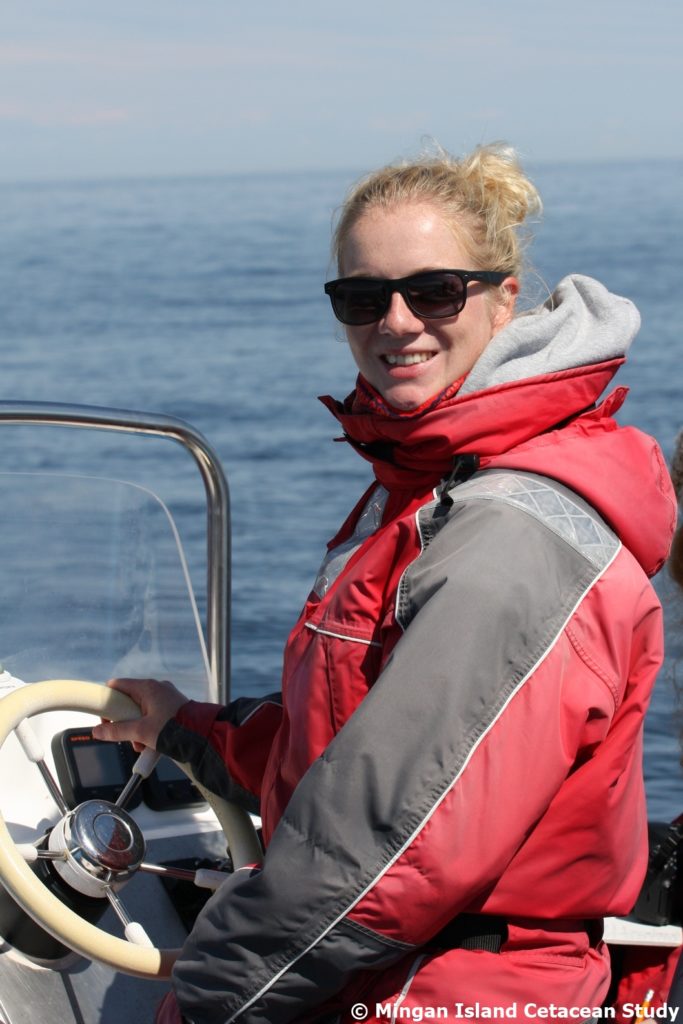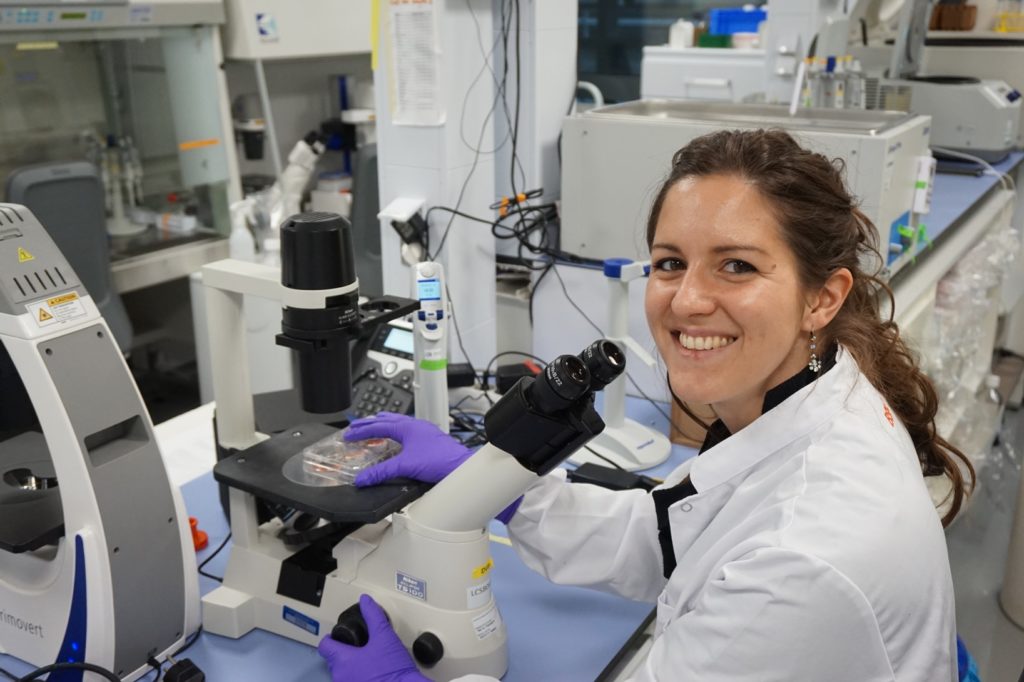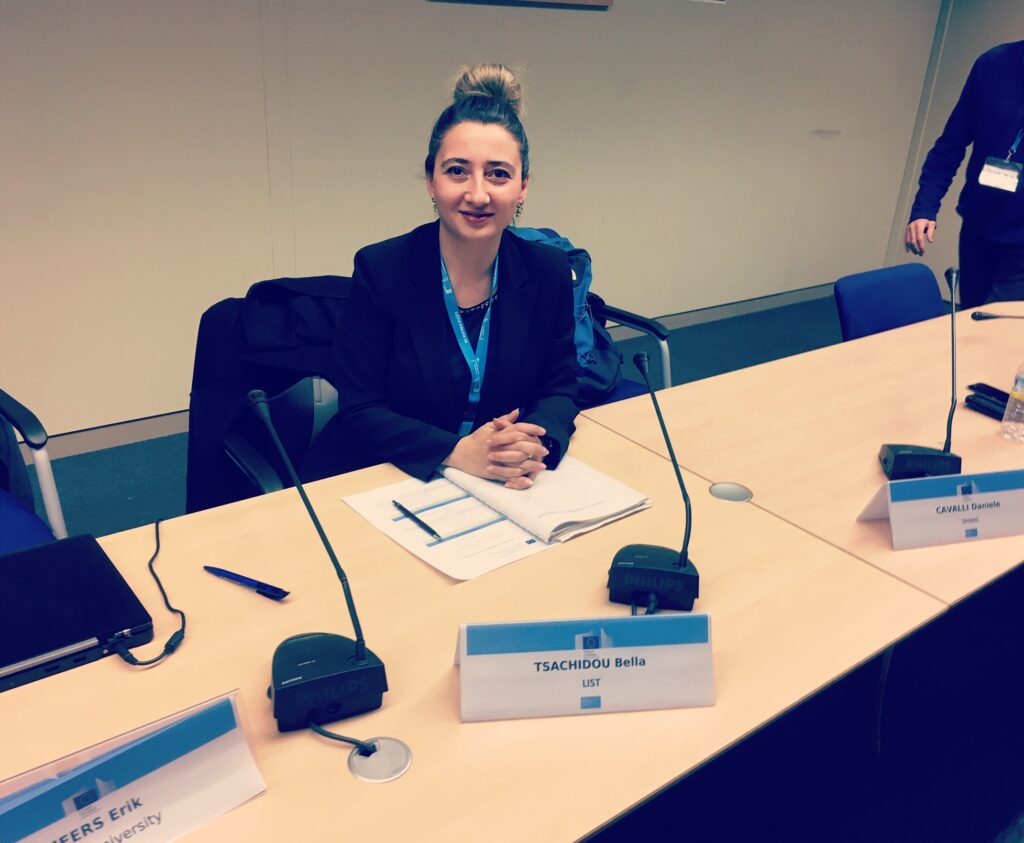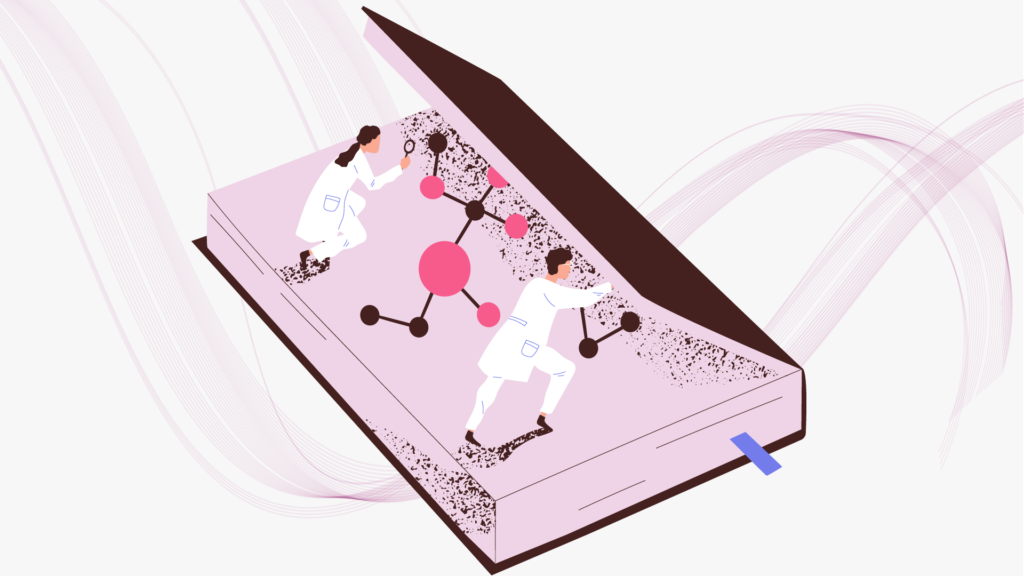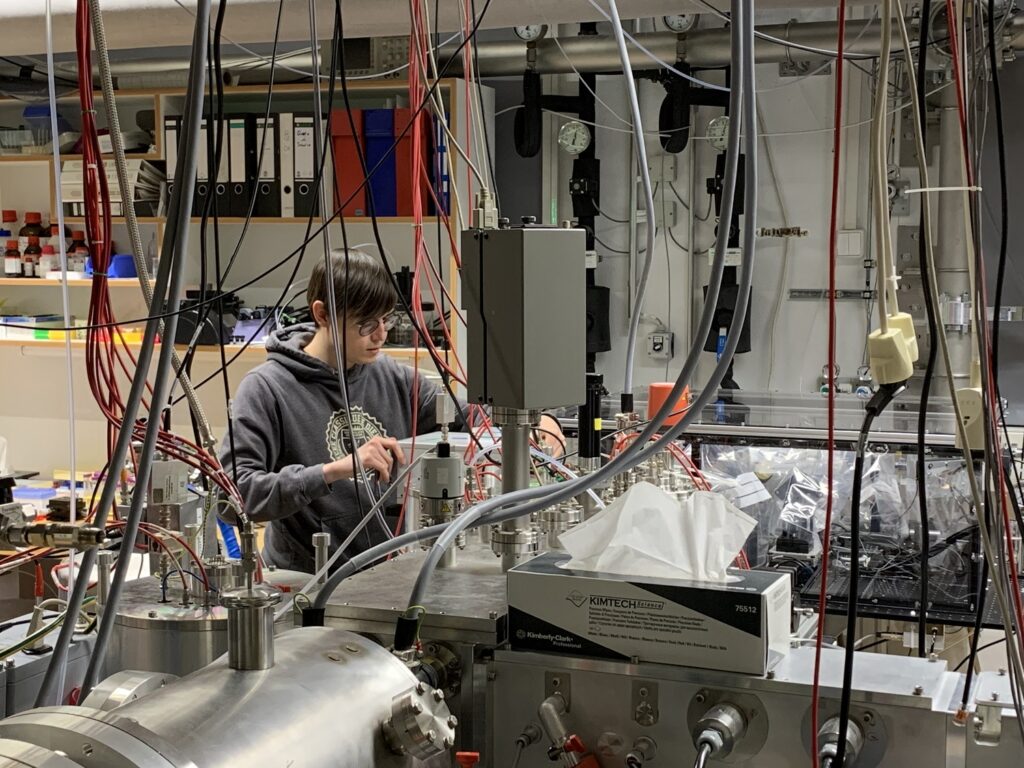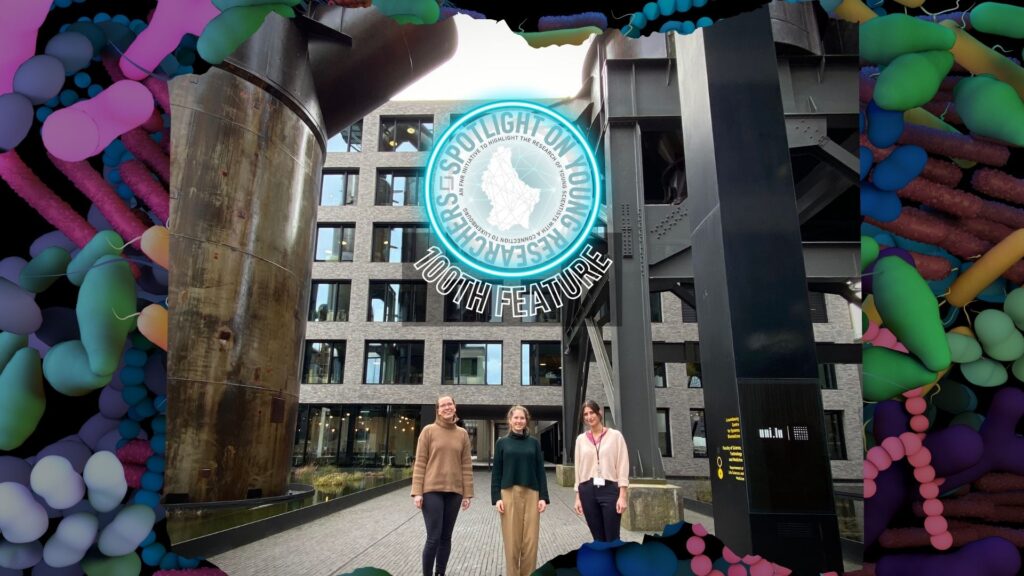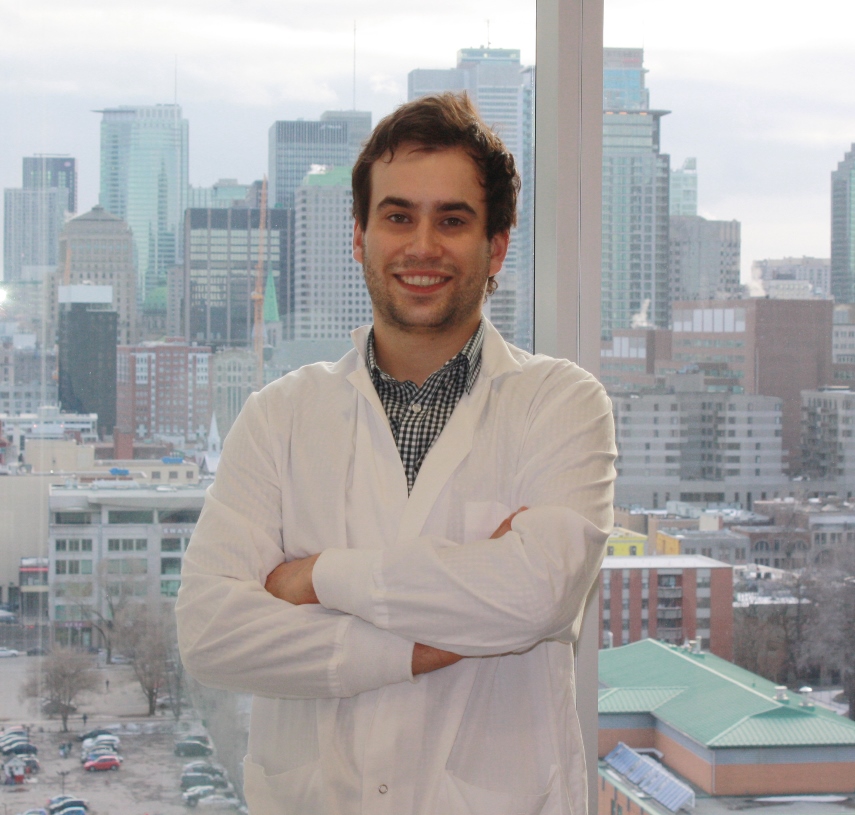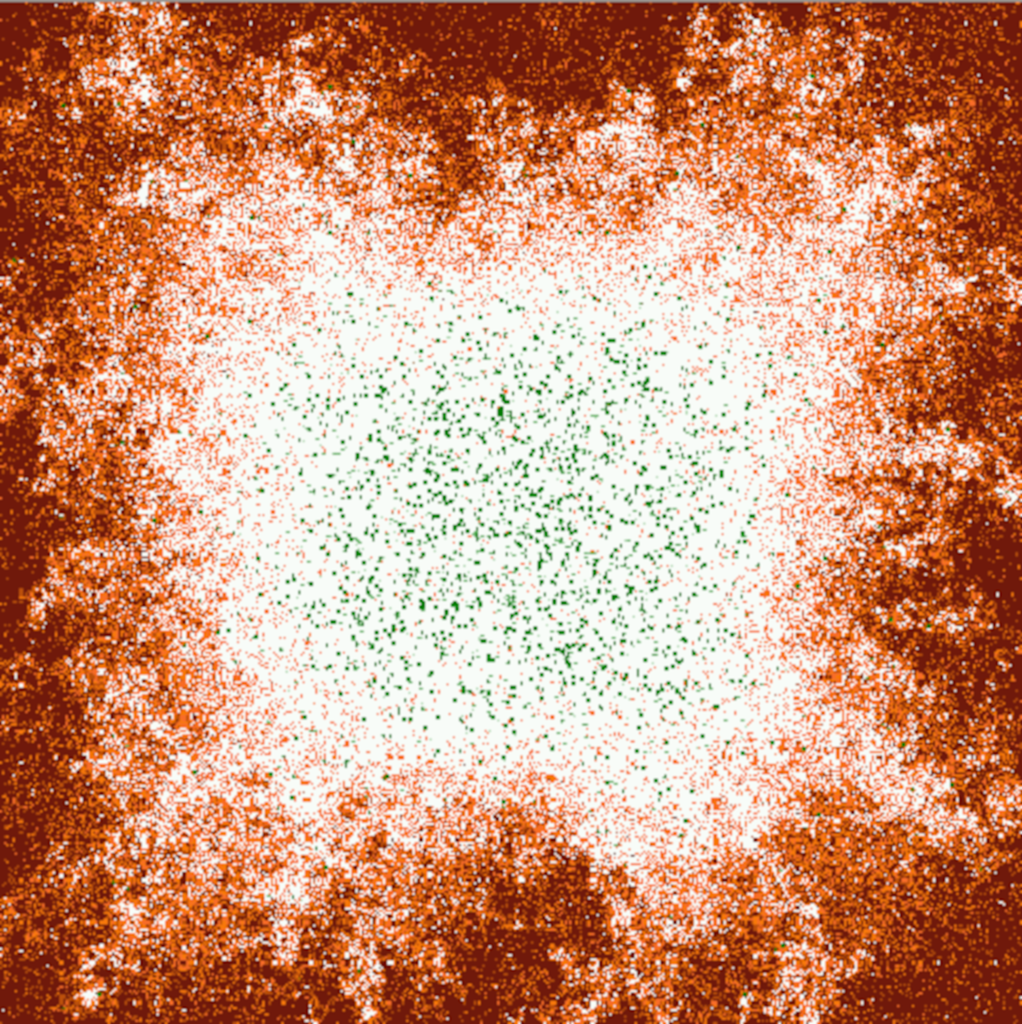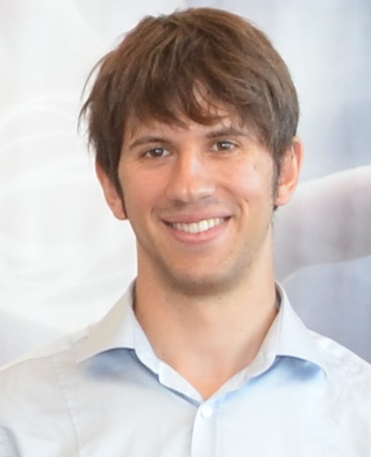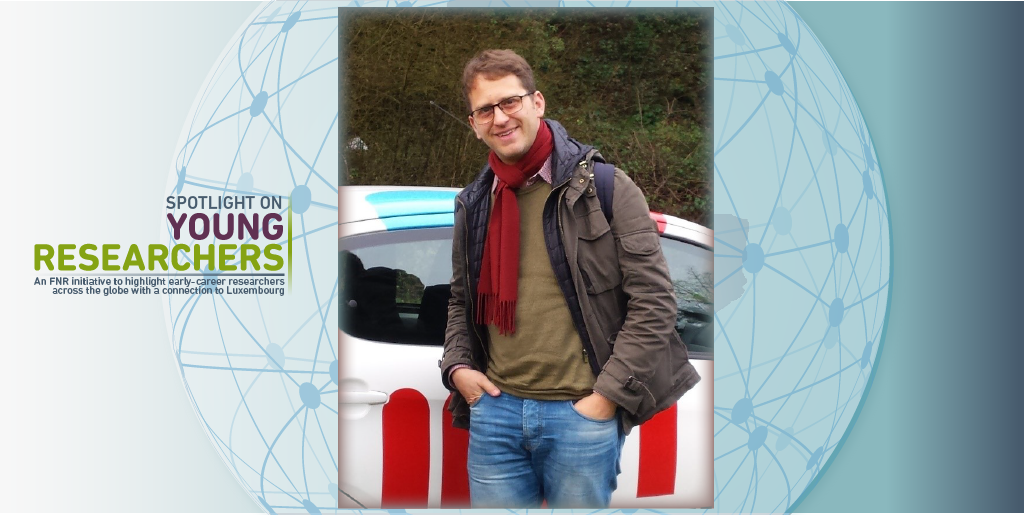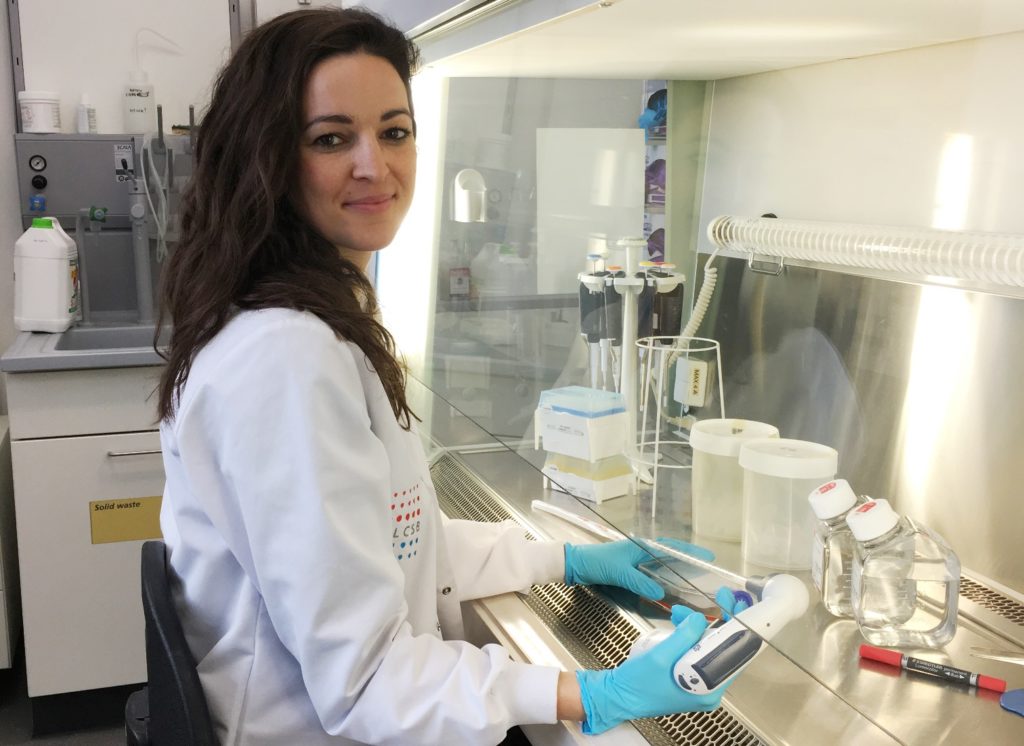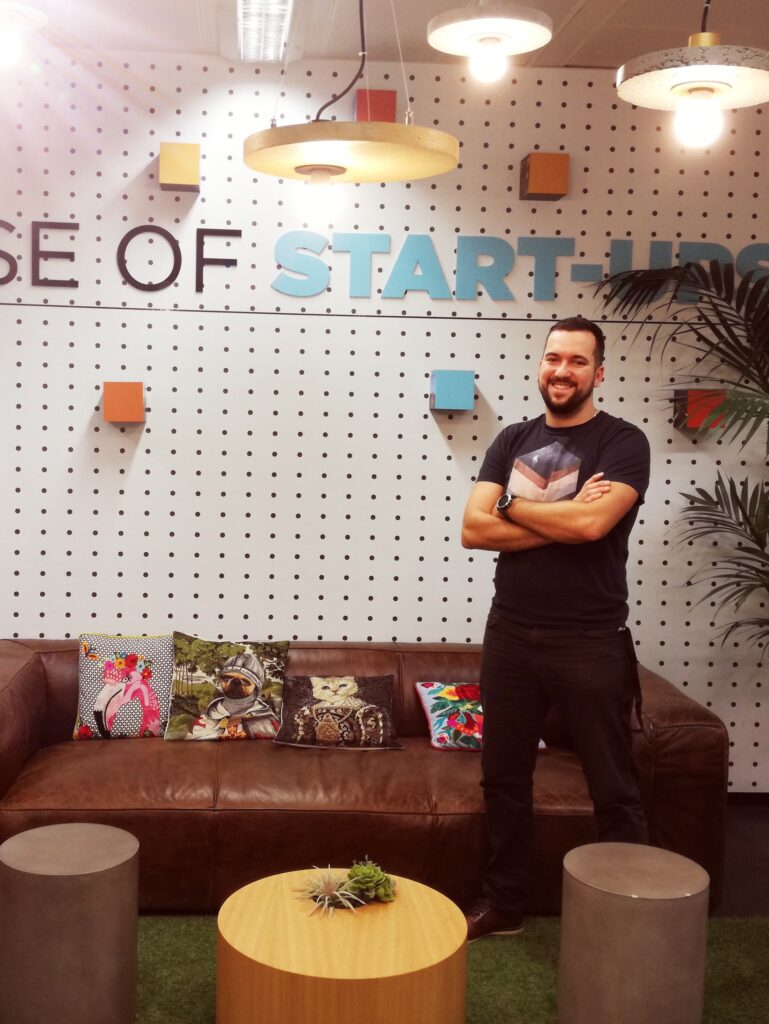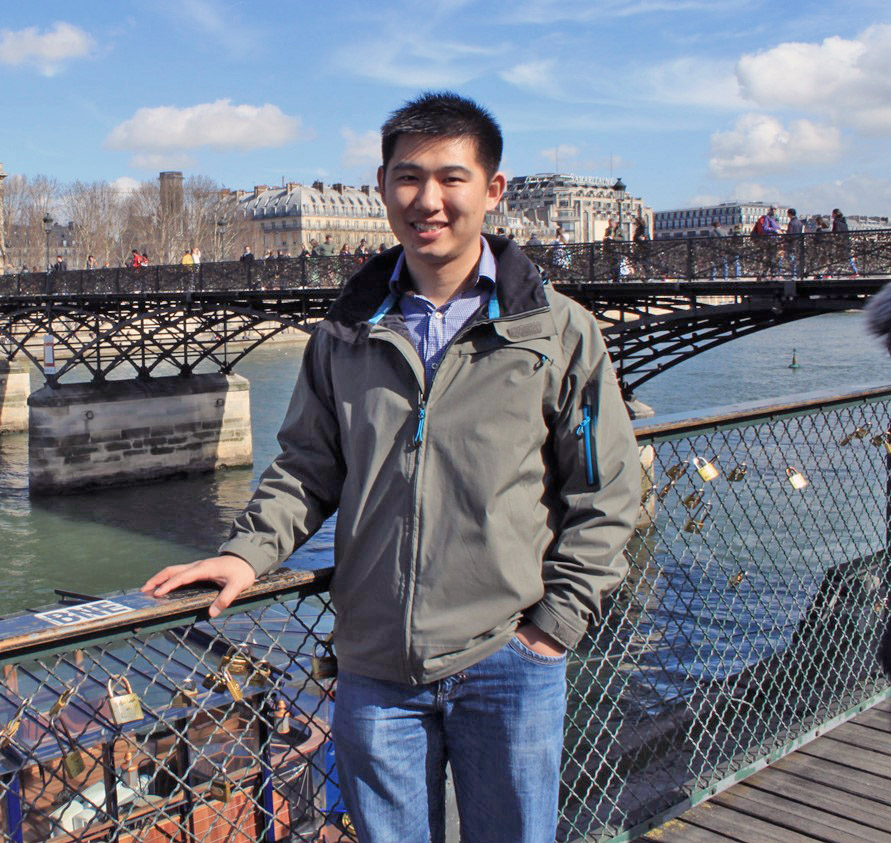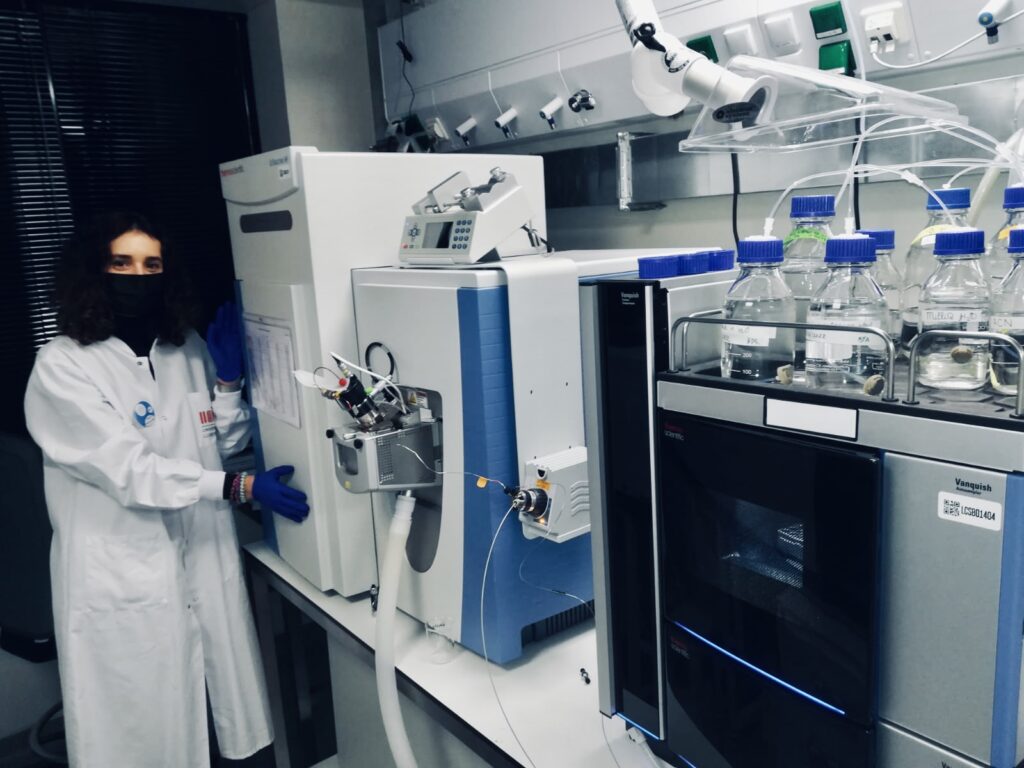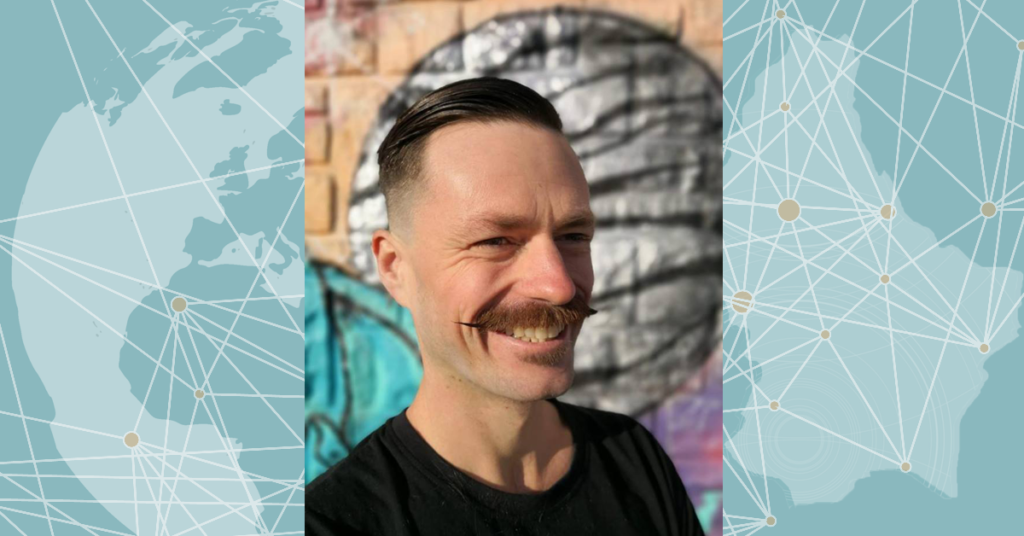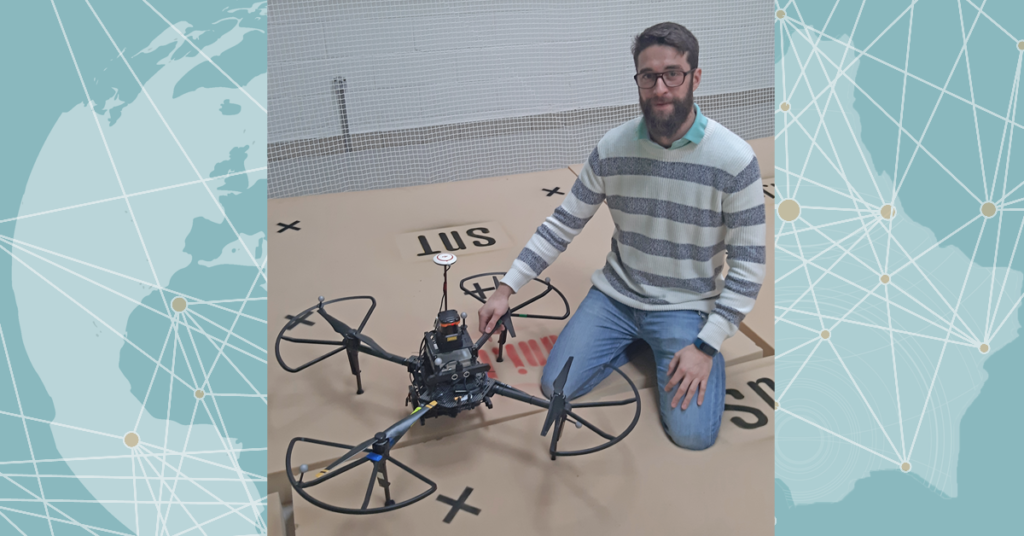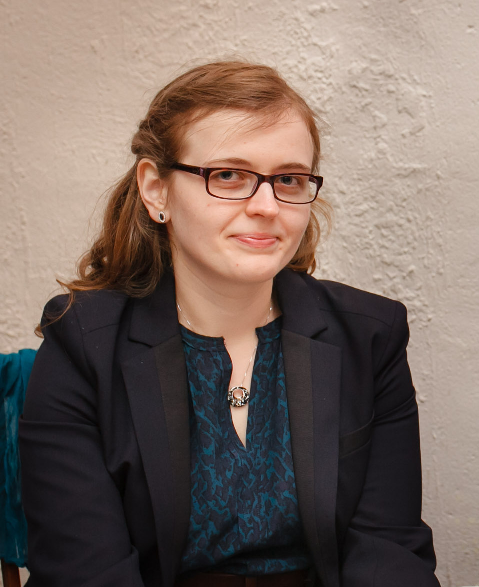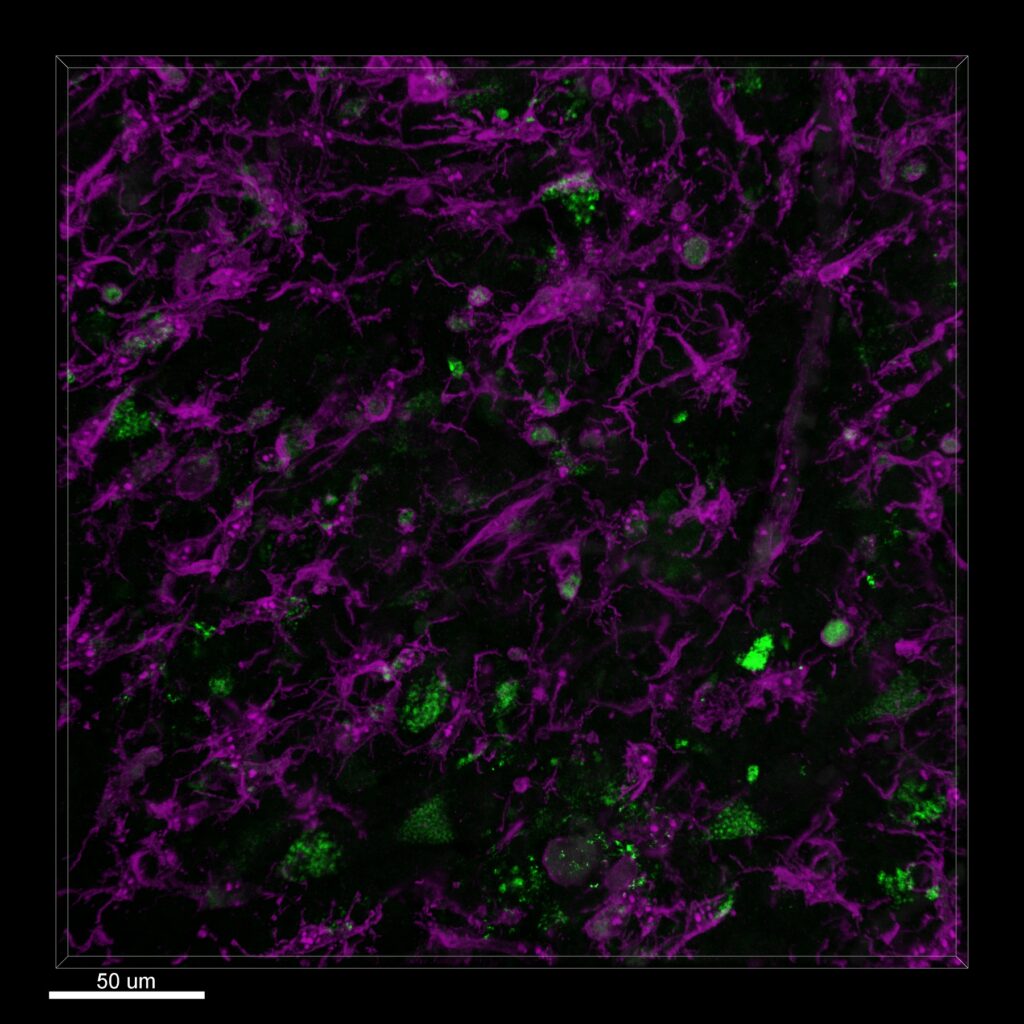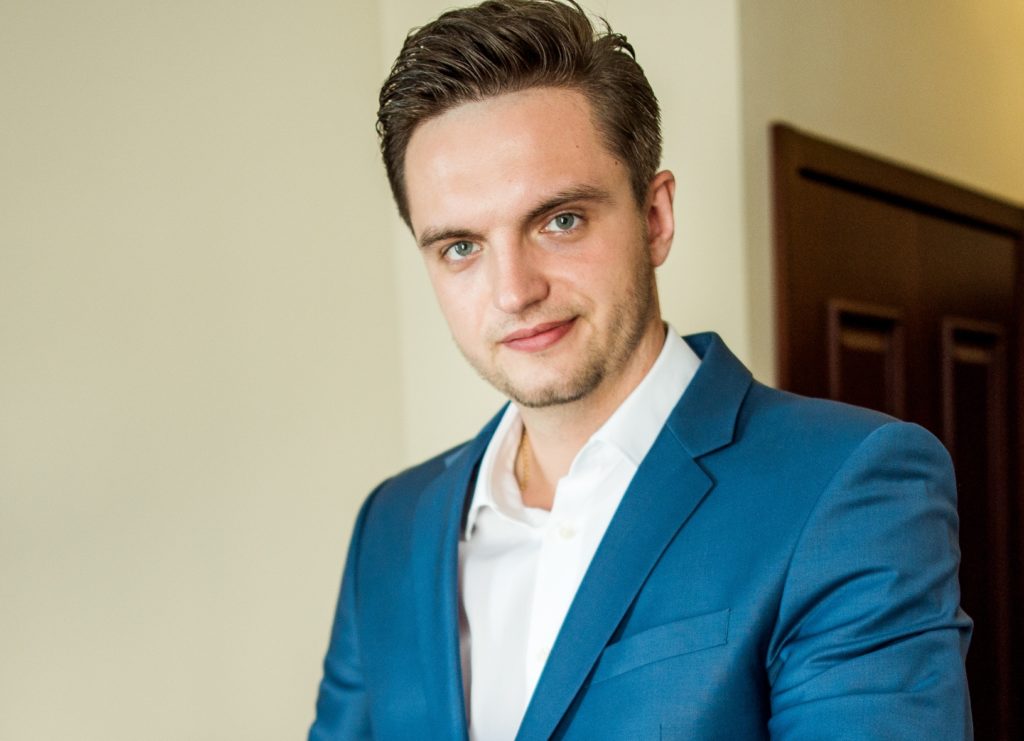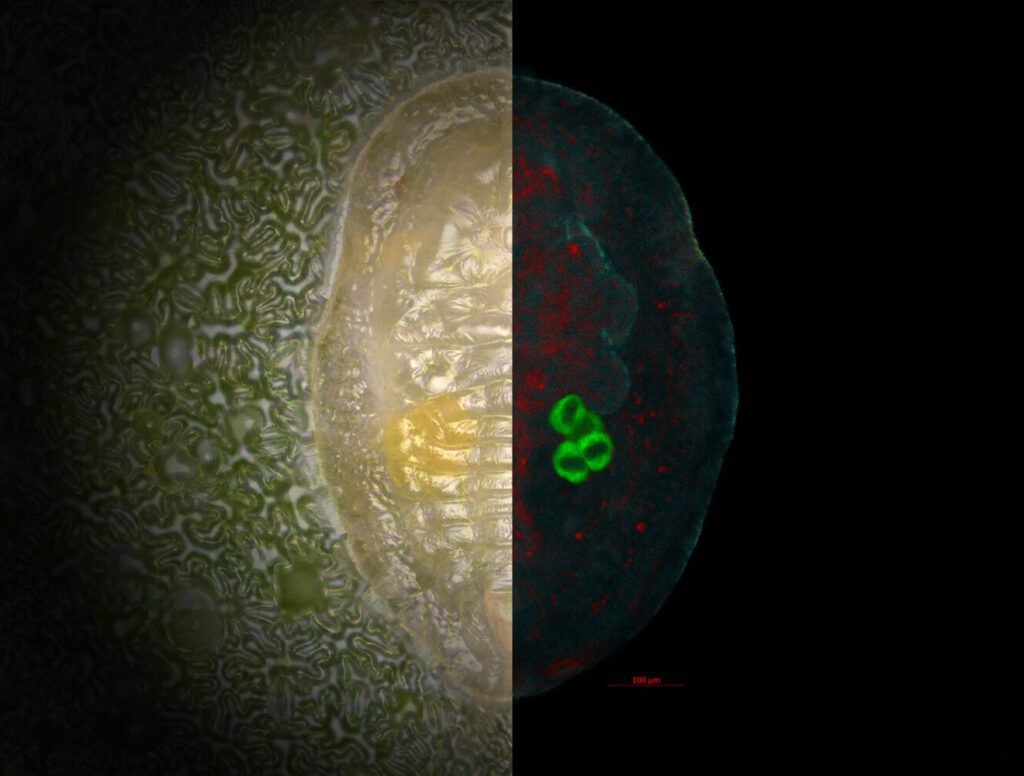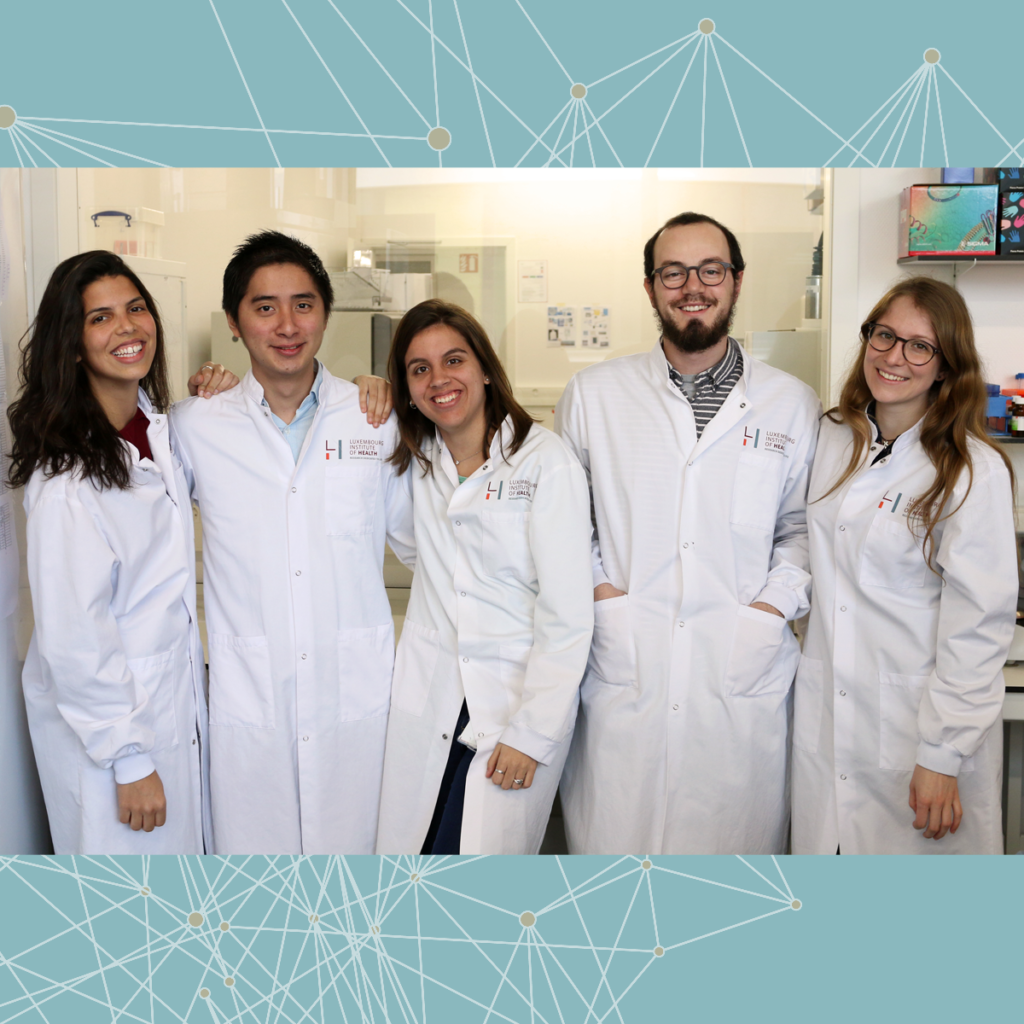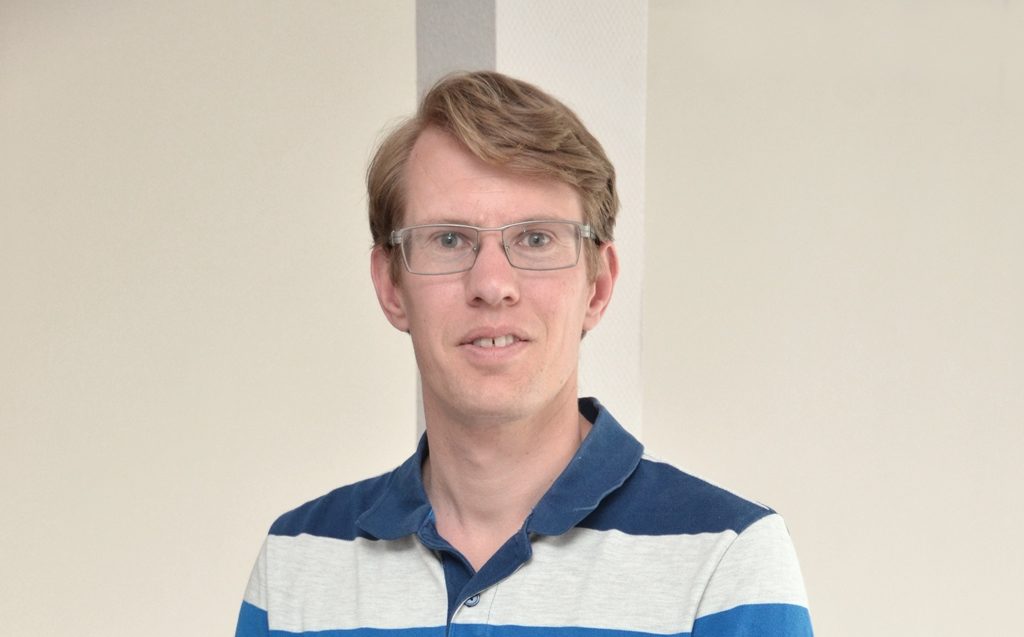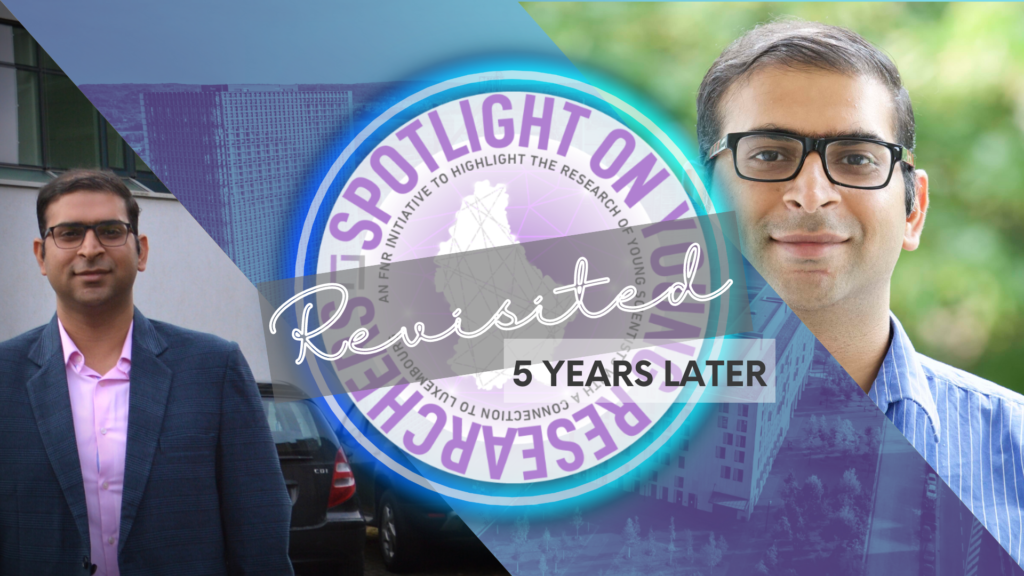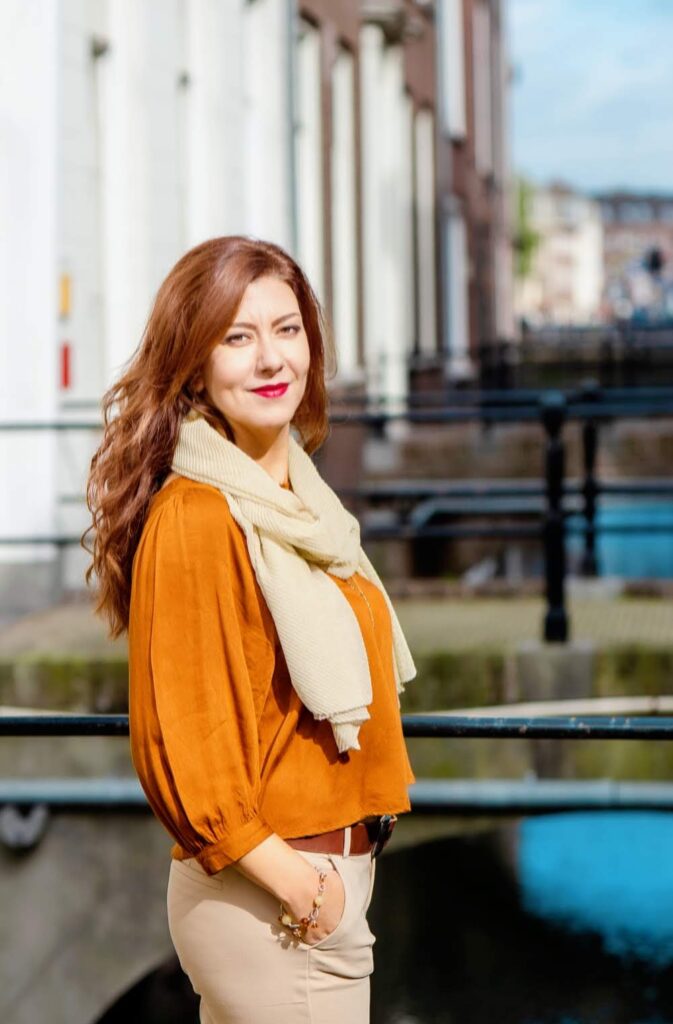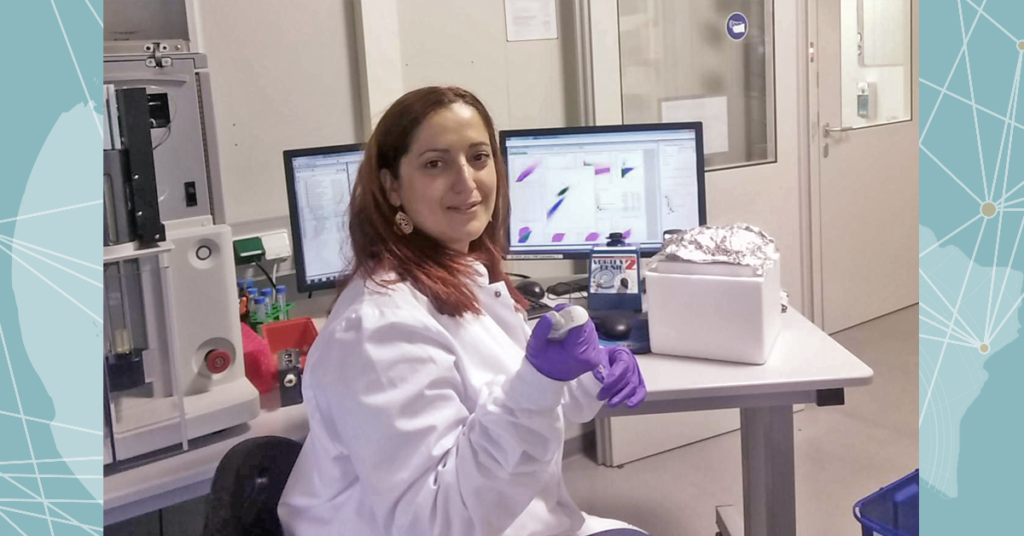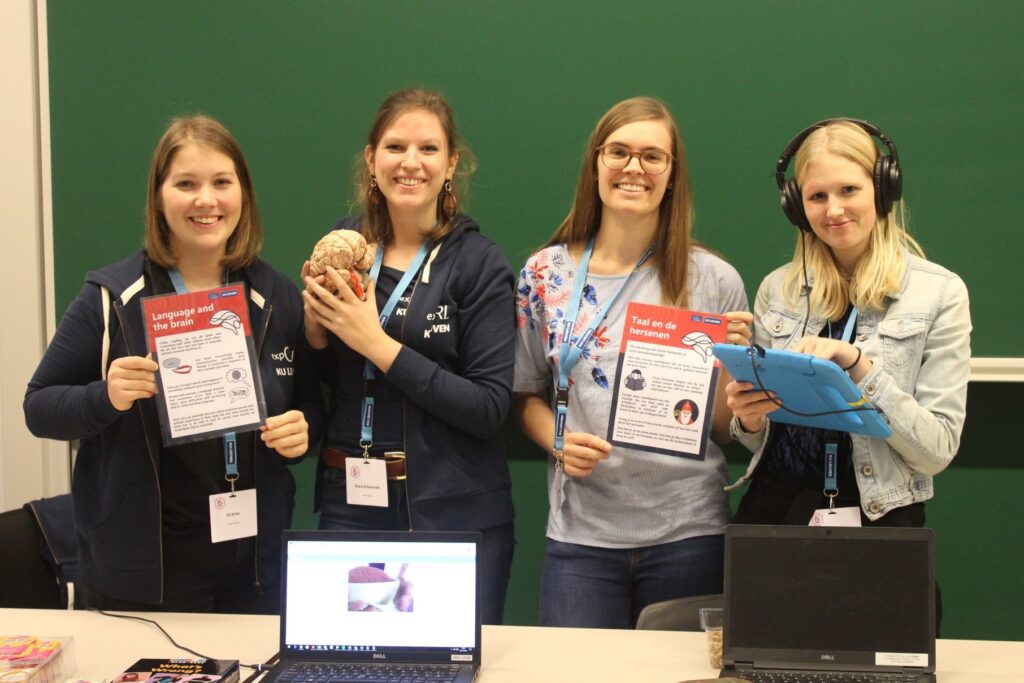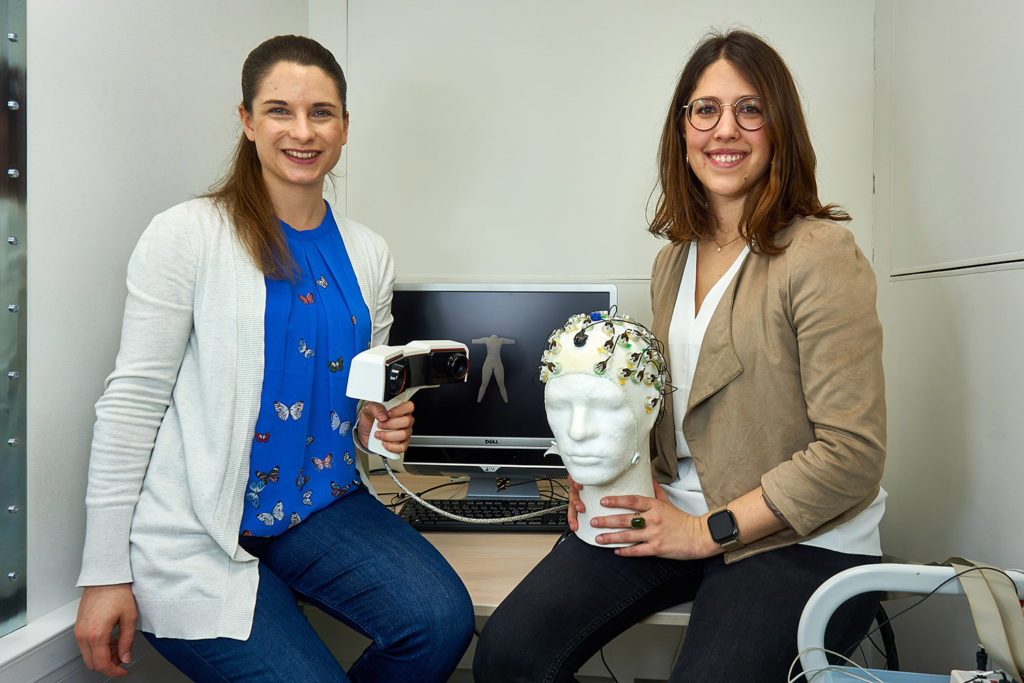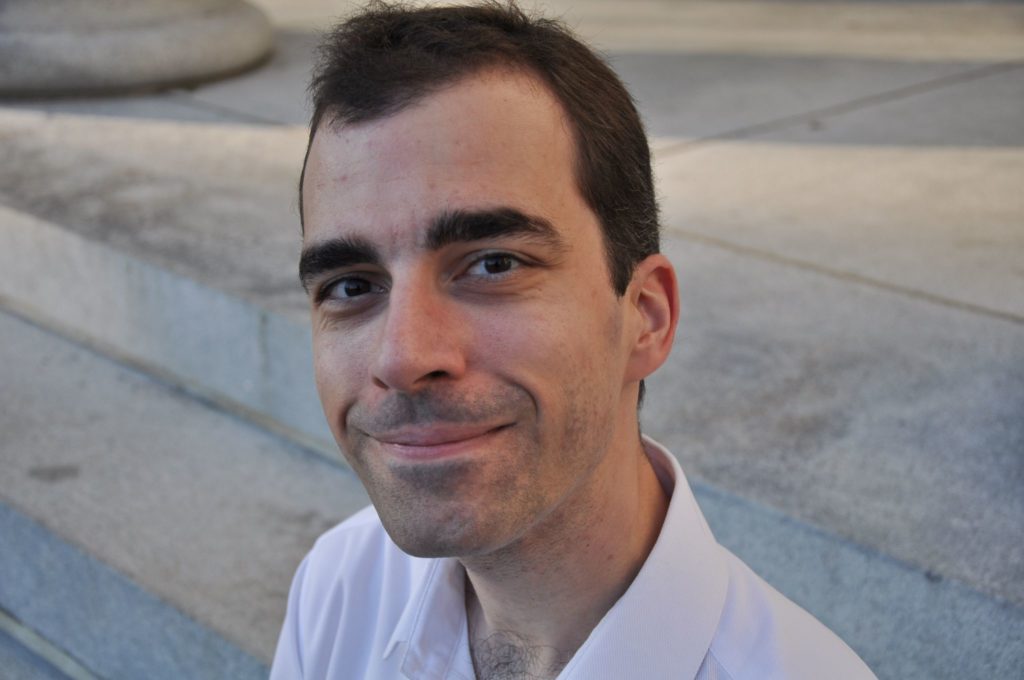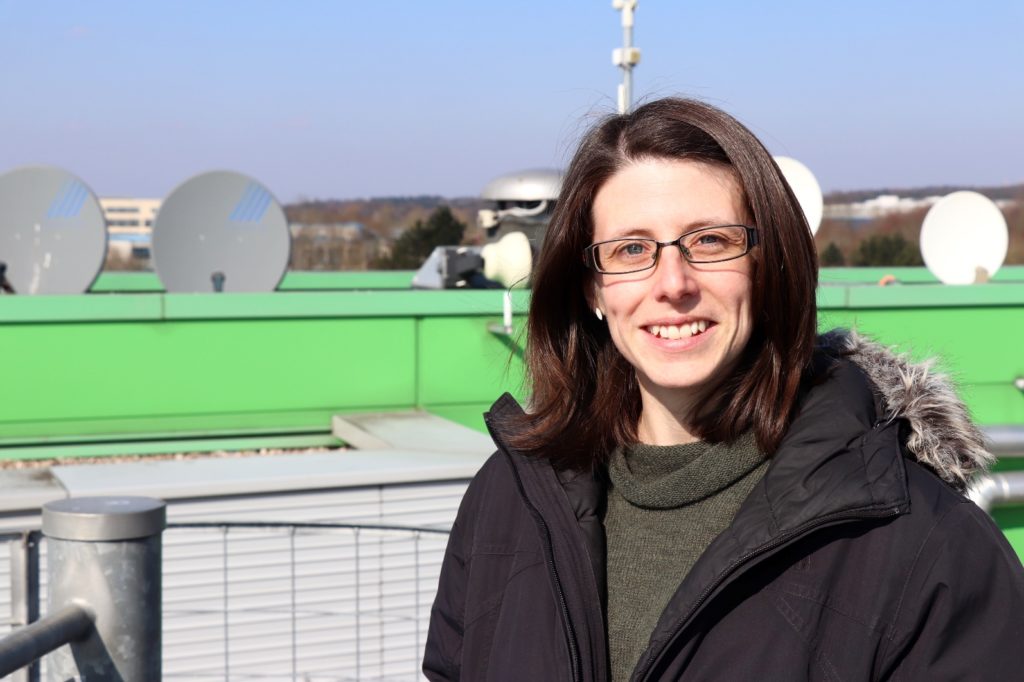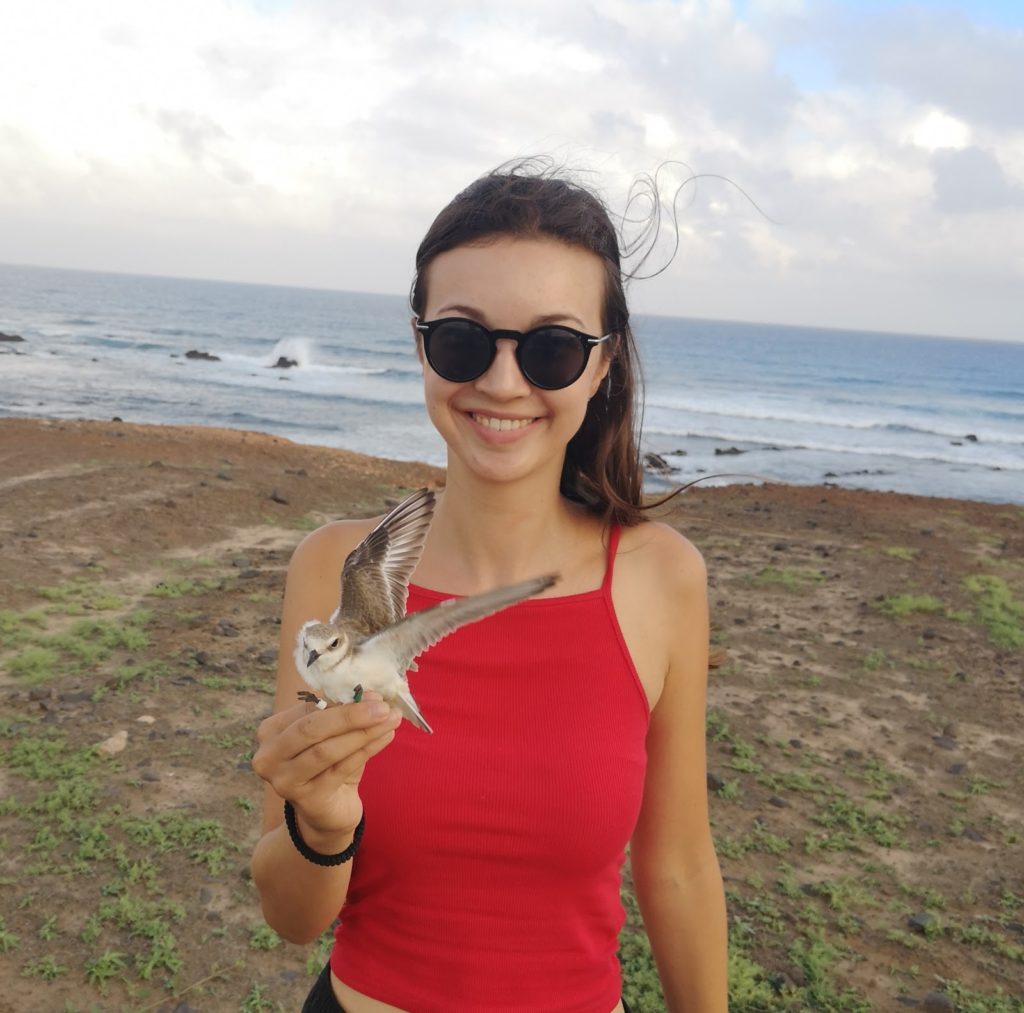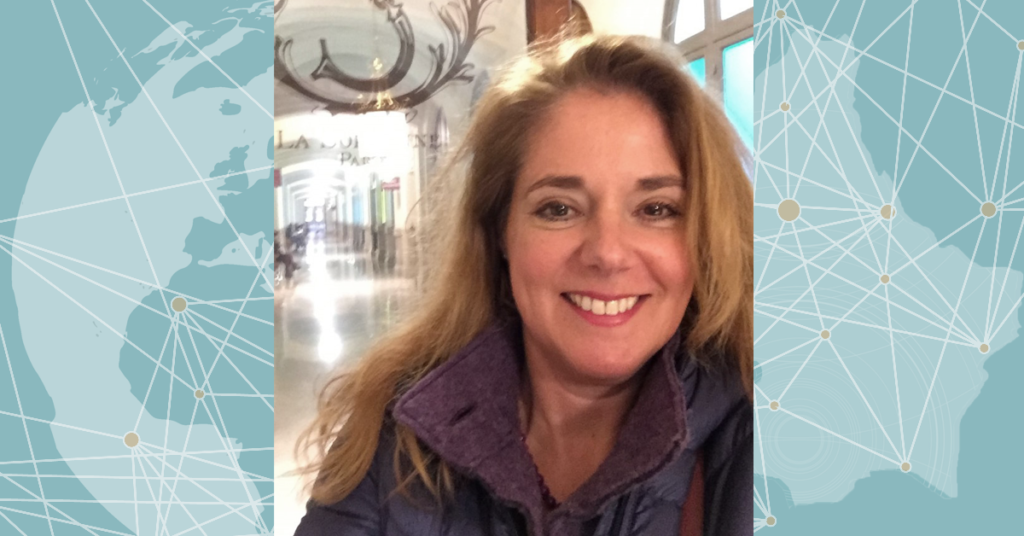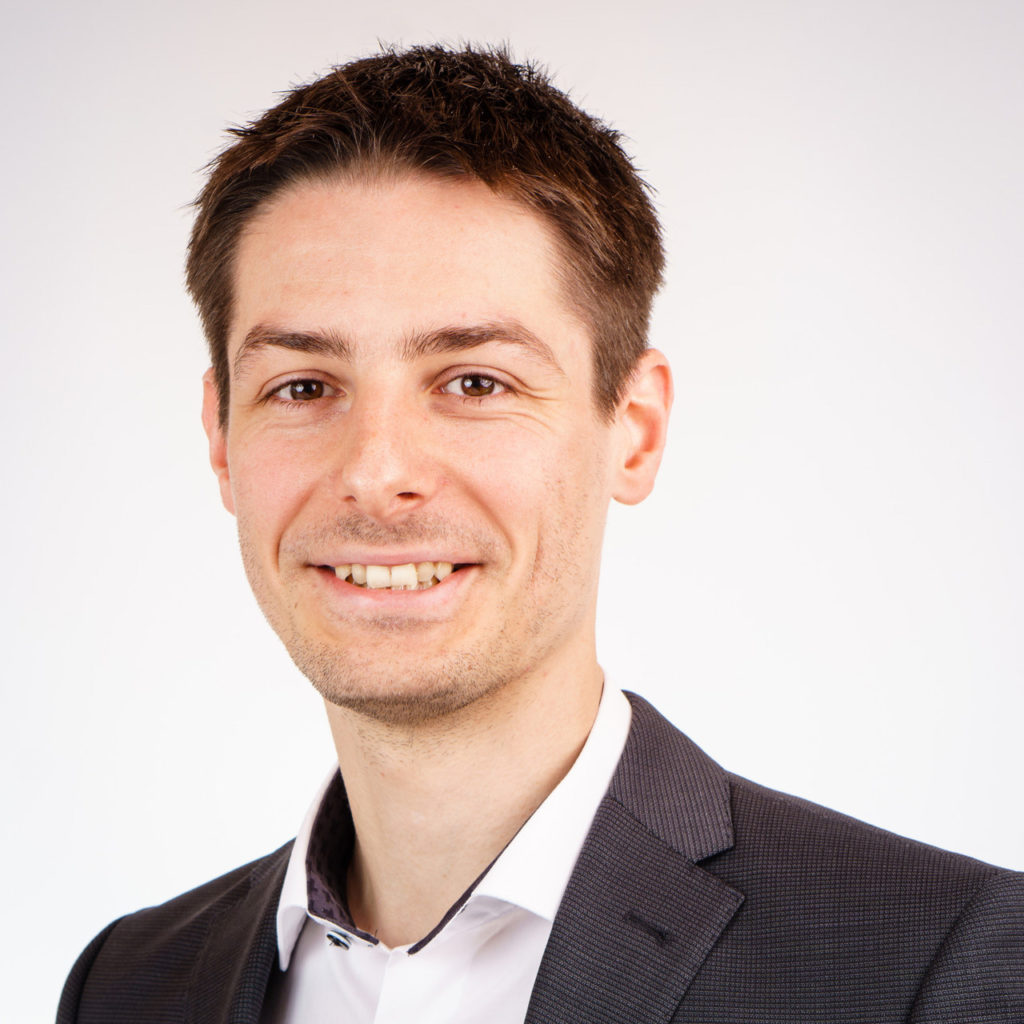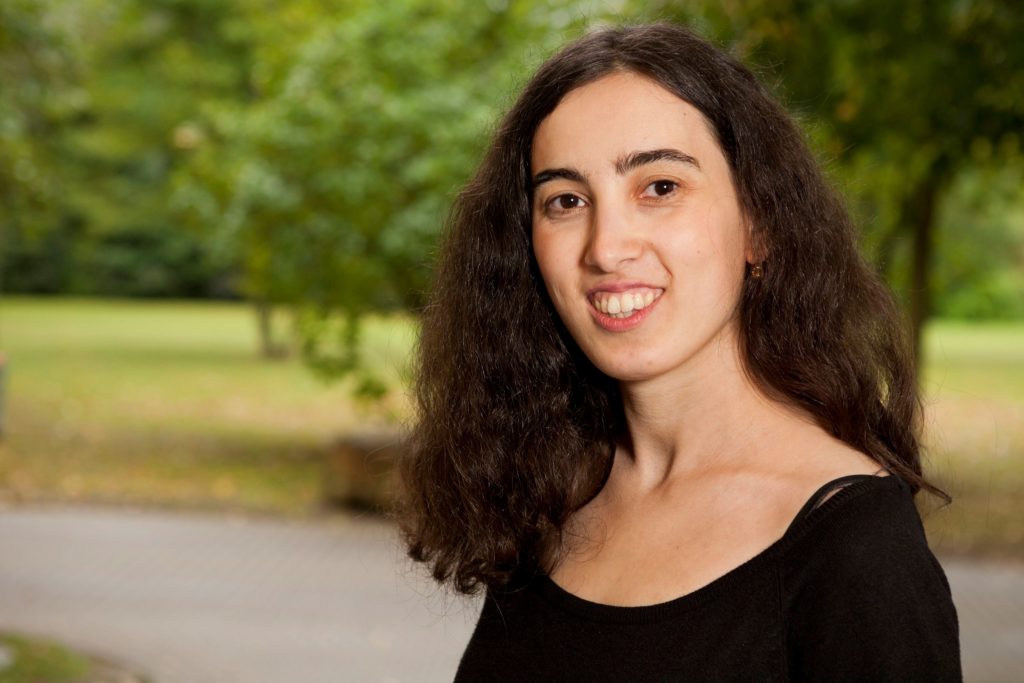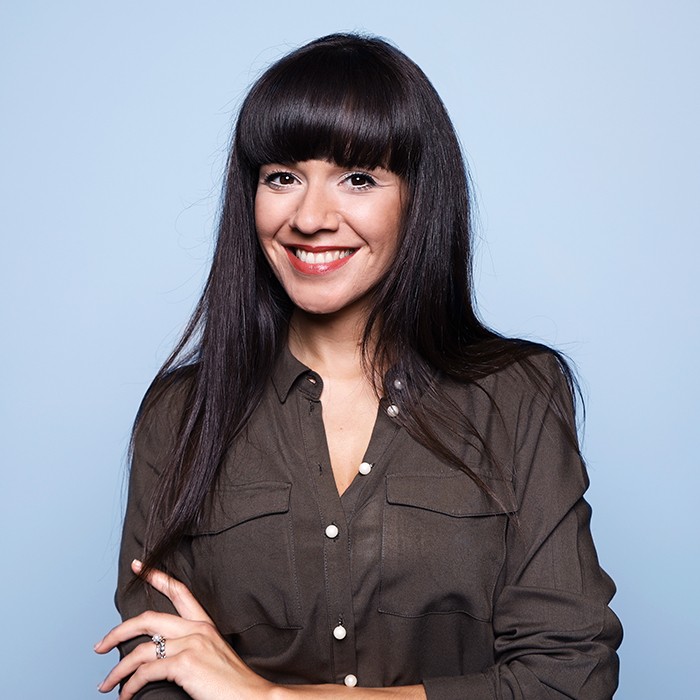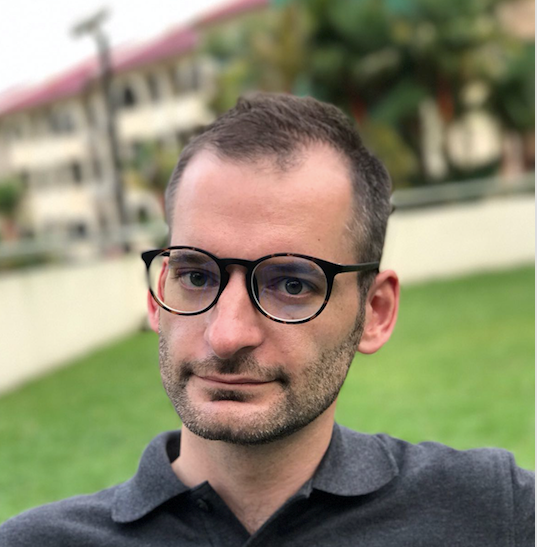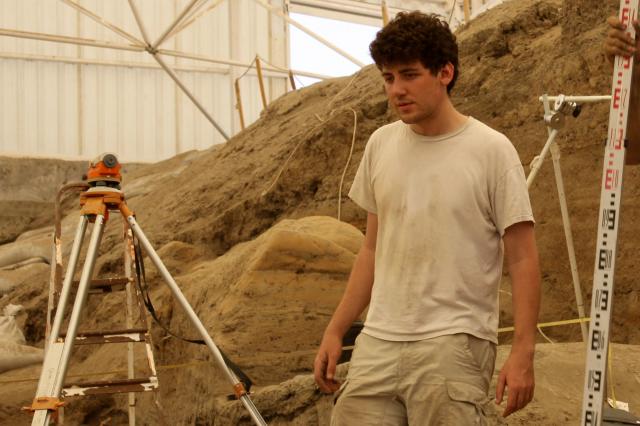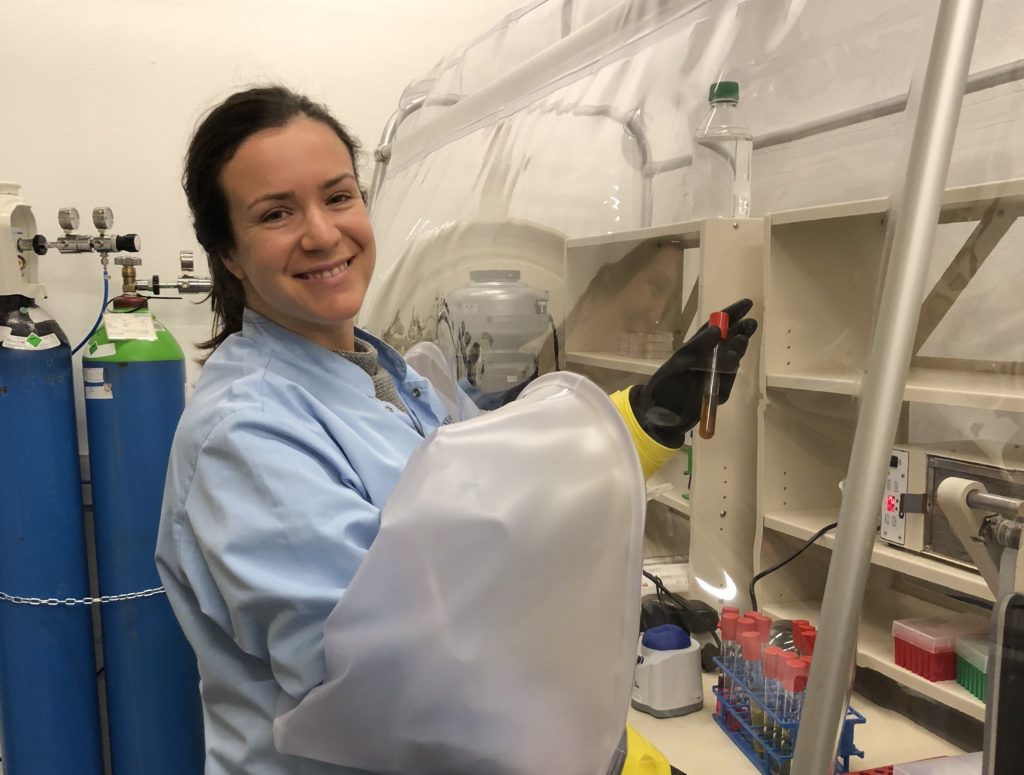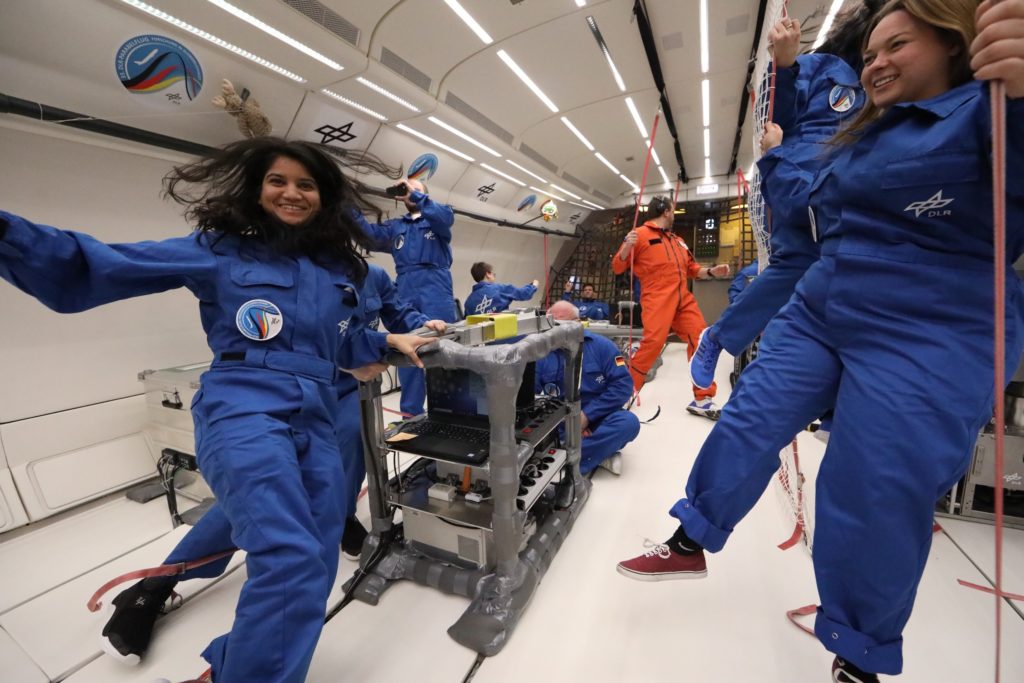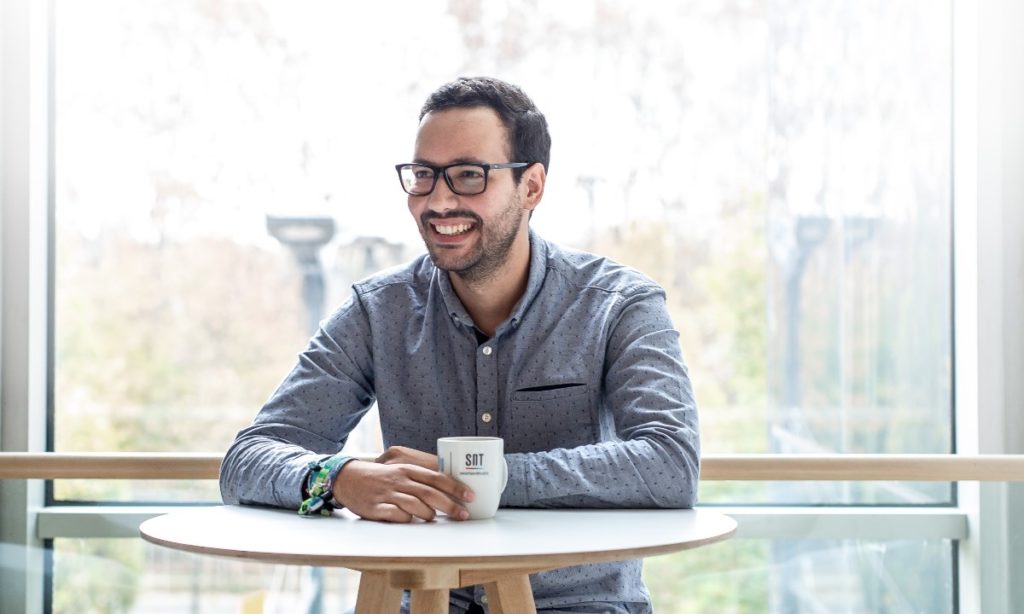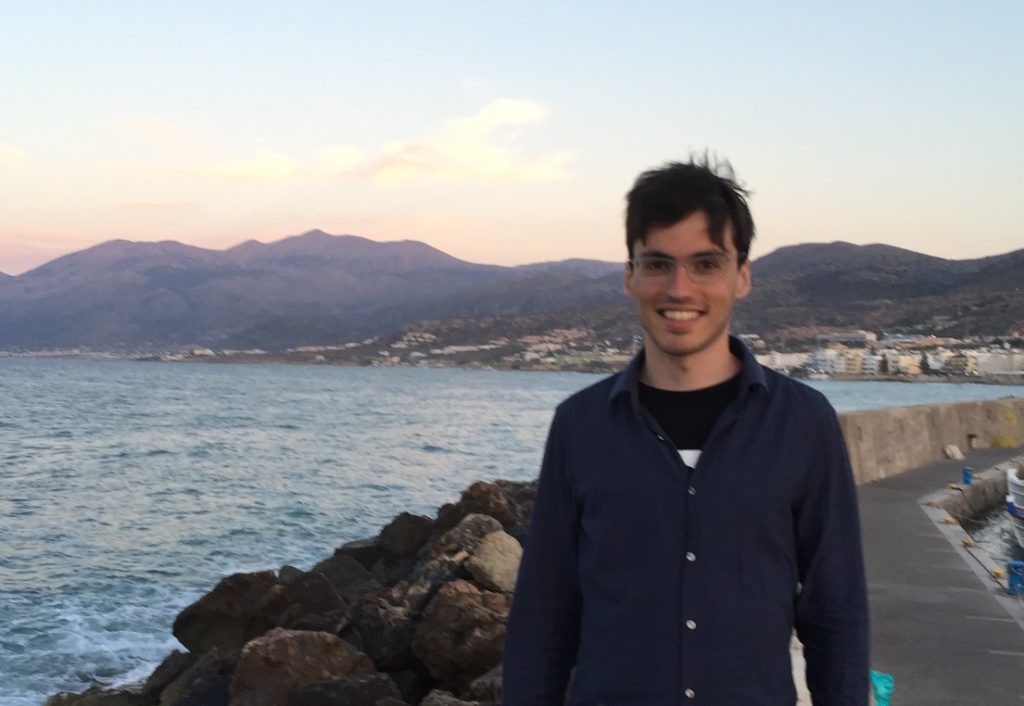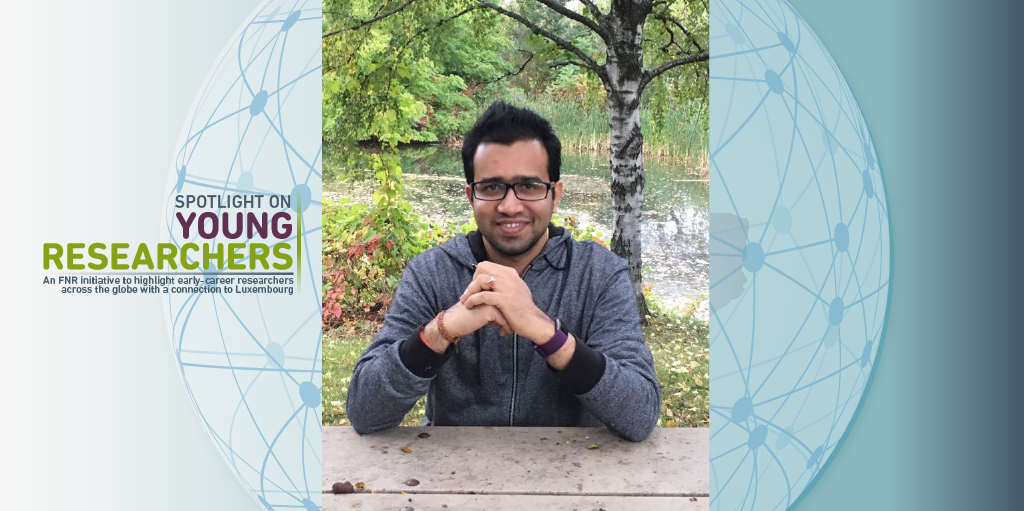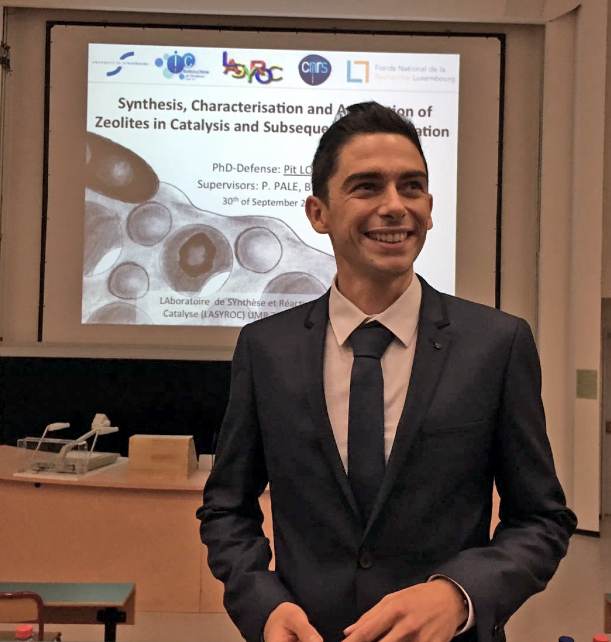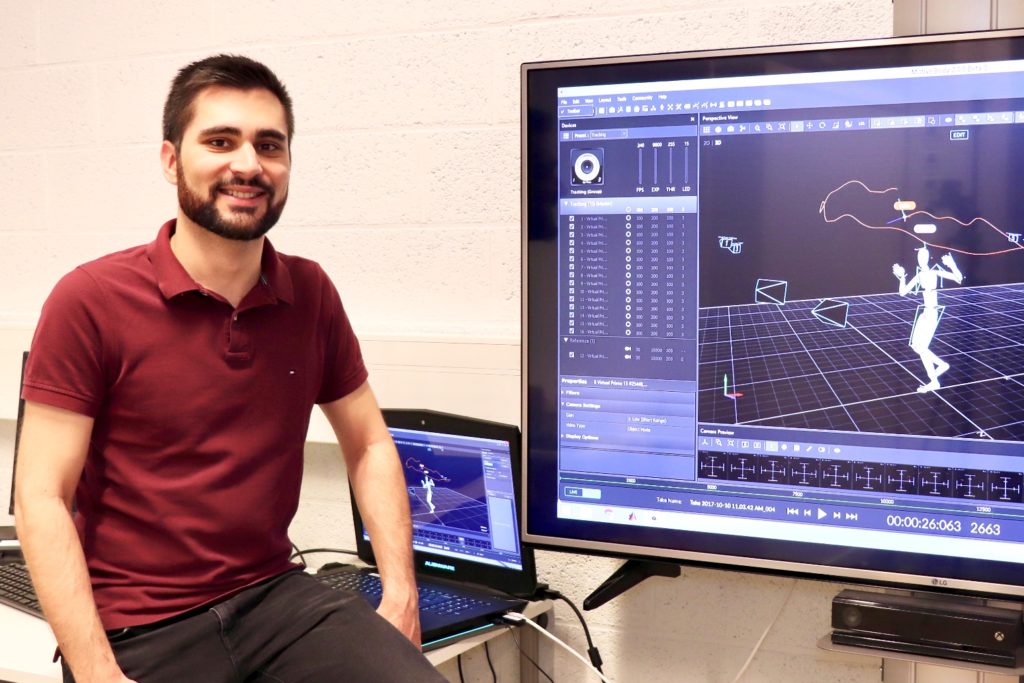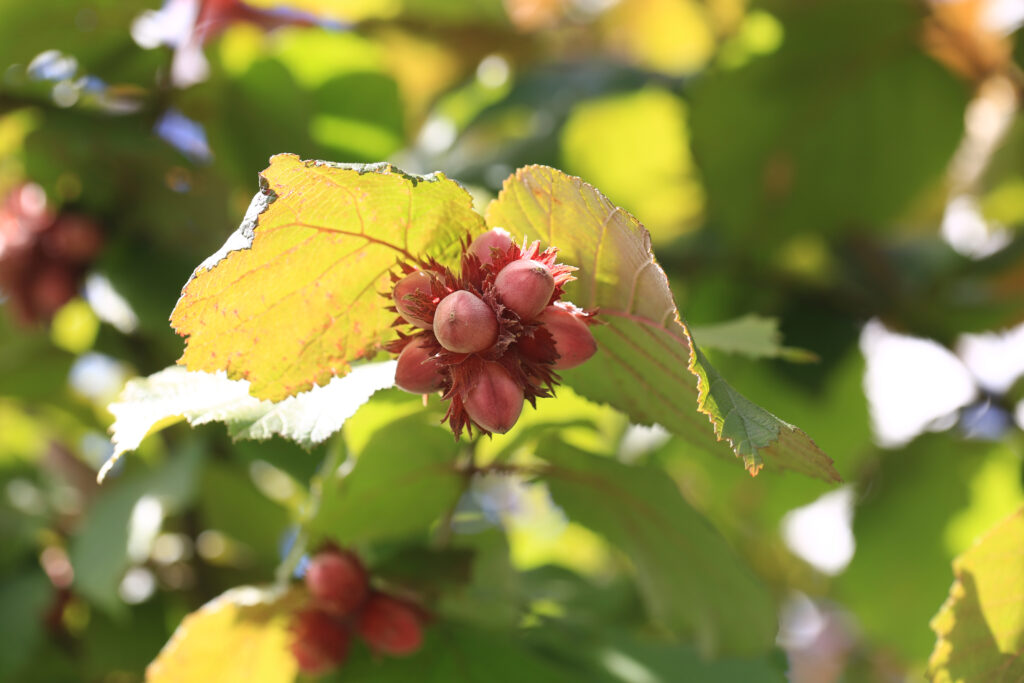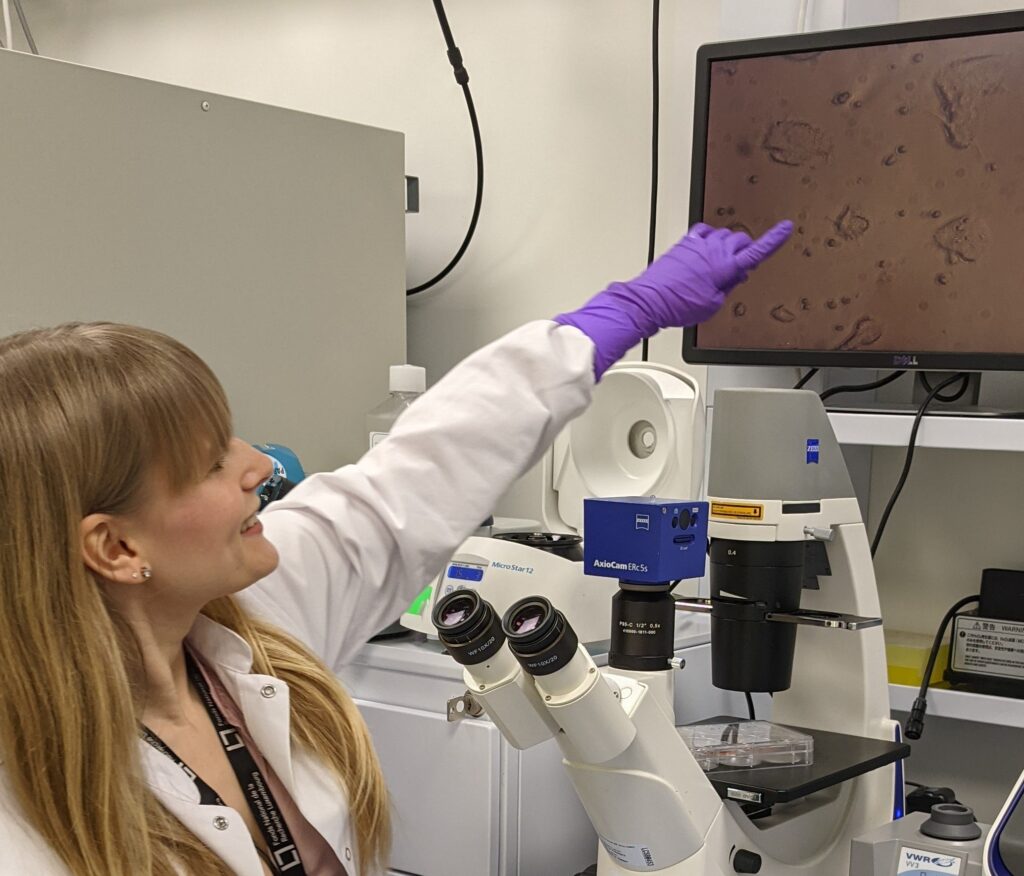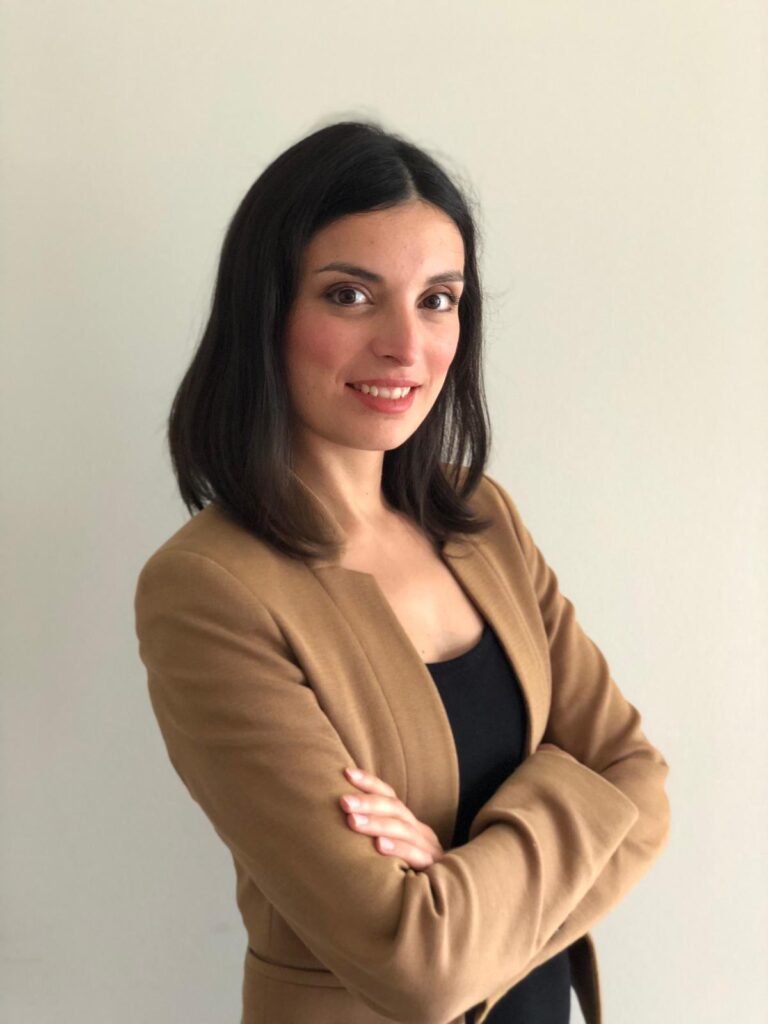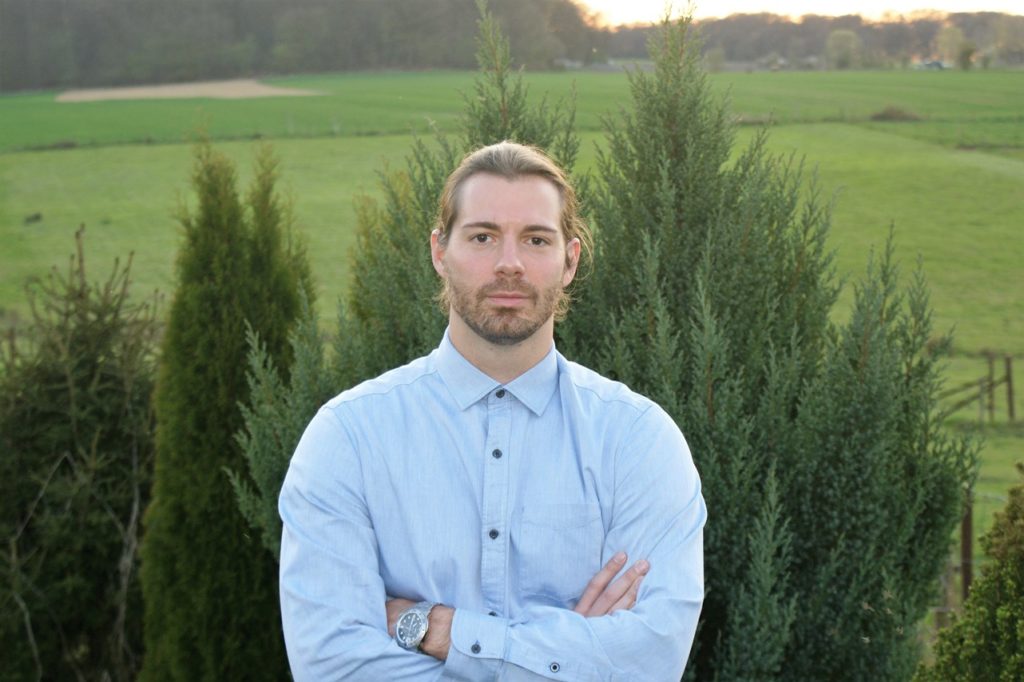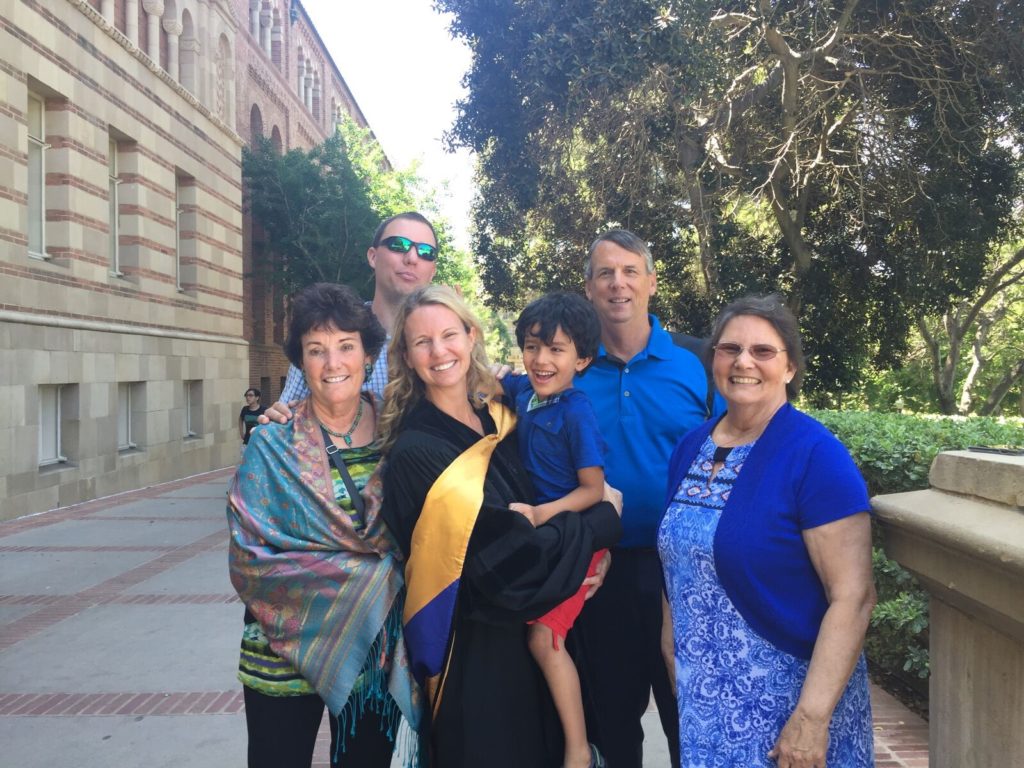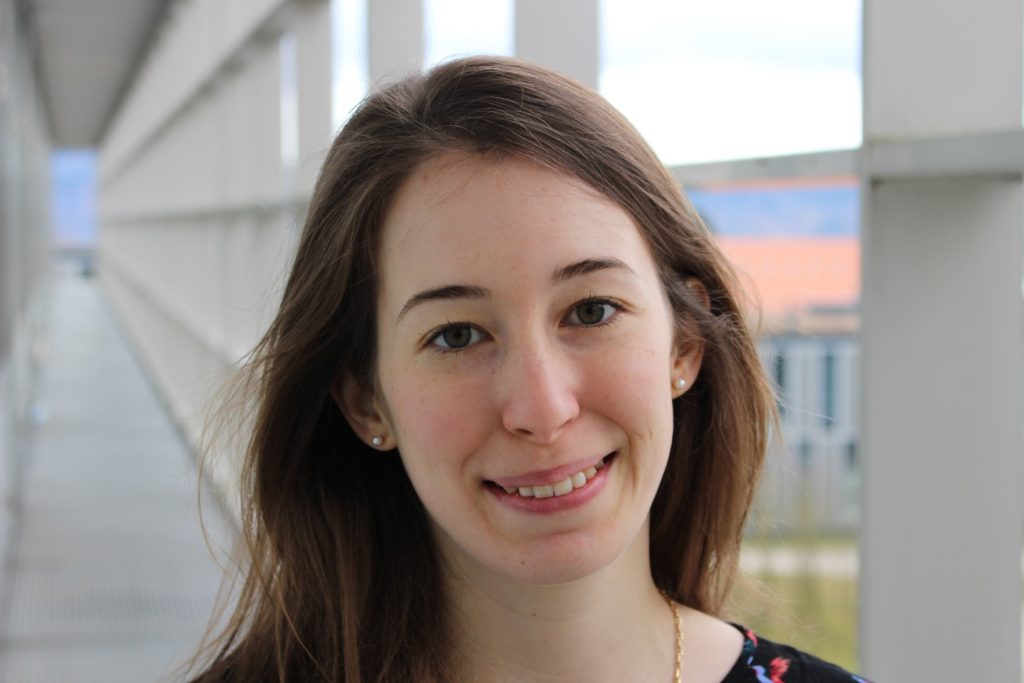
Senior Postdoc Sebastian Scheer’s thirst for understanding how biological systems work led him to dive into the world of immunology research. After moving from Germany to Canada, the Luxembourg national got the chance to set up his group leader’s new lab in Australia, where his research revolves around the T cell, a key player in the shaping of immune responses.
“Despite all setbacks that you can encounter during a PhD thesis, it was a very intriguing experience to be on the forefront of human knowledge and to do experiments that no one has done before you,” Sebastian Scheer expresses, adding:
“Besides this almost addictive feeling to be the first person on Earth to know, what fascinates me about biomedical research is the fact that you have a real chance to change the life of patients.”
Focus on how immune system works
Sebastian’s research revolves around the body’s defense against infectious organisms and other invaders: the immune system. His overarching research interest is how the immune system manages to defend the host (the body) from infections at mucosal sites (such as lungs and gut), also investigating how the immune system is kept in check to prevent autoimmune diseases and extensive inflammation.
“In particular, I am interested in a specialized cell of the immune system, which is central to shaping the immune response: the T cell,” Sebastian explains, elaborating:
“Depending on the nature of the pathogen – e.g. viral infections, such as the flu, asthma or parasitic infections – T cells can direct the immune response into different directions by acquiring a specific T cell phenotype. As such, a viral infection will trigger a so-called ‘Th1 immune response’, while during an infection with worms or during asthma, Th2 immune responses prevail.”
“Aside from the nature of the pathogen, the T cell fate (e.g. Th1 vs Th2) is also largely regulated by the epigenetic landscape. The epigenetic landscape is defined by the activity of epigenetic modifiers, which allows individual genes to be active or inactive, while the genes itself are not affected.”
Sebastian explains that epigenetic regulation can be observed in identical twins – where the genes are identical – but that they do slightly differ in their appearance, as well as personality even often in the diseases they acquire.
Trichuris muris (video) is a mice parasite very closely related to the human parasite T. trichiura, sharing cross reactive antigens. It is a very good model system for dissecting immune responses and host parasite relationships.
Blocking epigenetic regulator could mean enhanced immunity for vulnerable people
His work has recently led Sebastian to identify a novel epigenetic regulator for T cell fate, by the name of DOT1L, discovering that inhibiting the regulator in T cells renders them more inflammatory:
“These inflammatory T cells are critical for killing viruses and bacteria that cause the flu and common colds. Therefore, blocking of DOT1L may lead to enhanced immunity for patients with underperforming immune responses (e.g. in the elderly and young children), such as the immune response against viral infections and even cancer. I am now planning to understand the basic biology of my finding and how we can translate our finding to the clinic.”
Understanding fundamental questions key in quest to manipulate disease outcome
The role of epigenetic modifiers in T cells, especially with regard to the central roles they play in infection, inflammation and cancer is still poorly understood, Sebastian stresses. Yet, it is the fundamental understanding of these modifiers and their biological pathways that offers the possibility to manipulate the outcome of the diseases, such as asthma, cancer and even neurodegenerative diseases such as Parkinson’s.
“I believe that my research can have a major impact in understanding the role of these epigenetic modifiers and will ultimately lead to improved therapies for patients,” the Luxembourgish researcher says.
Sebastian has already performed his research on three different continents and has already made valuable scientific contributions to his field. He has for example found that receiving antibiotics as a child results in increased pathogenicity of CD4+ T cells in later life, which could explain why people who were administered antibiotics in childhood are more prone to getting inflammatory bowel disease.
Parasitic worms offer better protection from viral infections
Sebastian started his research career with an AFR PhD at the Max Planck Institute of Immunobiology and Epigenetics in Freiburg, Germany, which he completed in 2012.
For his PhD[i], he worked on the host-pathogen interaction and the co-evolutionary mechanisms between what is called the helminth Schistosoma mansoni – water-borne parasite worms of humans – and the mammalian host in respect to the infection with viral infections in the lung.
“I found that the host was better protected from a viral infection when infected with S. mansoni, which promotes an antiviral state of the immune system in the lungs. Thereby, not only the host is better protected from a viral infection after the infection with S. mansoni, but the worm also benefits from this increased protection since the host will survive the virus infections,” Sebastian says.
From Canada to Senior Postdoc in Australia – a huge leap
After completing his PhD and staying in the same lab for a short time as a Postdoc, Sebastian secured another FNR grant for a Postdoc project, which saw him cross the Atlantic to take on a new project at the University of British Columbia in Canada in 2013. His time in Canada led him to a new adventure: The group’s leader Prof Colby Zaph asked him to set up his new lab – in Australia:
“I was the only member of the lab who moved with Prof Zaph from Vancouver to Melbourne – my new position at Monash University as a Senior Postdoc was the biggest leap so far. I was responsible for setting up the new lab, which included purchasing of equipment and reagents, establishing new mouse colonies as well as teaching the new members of the lab our techniques and methods.
“I enjoy working in my current position, as it not only involves the exciting work in the laboratory; I also take over many administrative tasks, which prepares me for a prospective role as a group leader.”
“I believe that it is very important to find friends fast when moving abroad”
Over the course of seven years, Sebastian first lived in Germany, then Canada and since 2015 Australia. His partner has followed him to each continent, and since the birth of their son two years ago, they’ve grown into a family. Moving countries, let alone continents is not easy – Sebastian however has a tip to settling in fast and nourishing a work-life balance outside of the lab:
“I believe that it is very important to find friends fast when moving abroad. My partner certainly has a talent to find us interesting friends and it would have been a lot less interesting outside of the lab without her. What I mean to say: have a life outside of the lab, although this can be challenging with all the hours we have to invest in our work. It pays off, though.”
“I would gladly return to Luxembourg to pursue my research agenda”

Before leaving Luxembourg, Sebastian was a member of the National Team in Luxembourg for Track and Field and was even Luxembourgish Champion over 200m in 2000. Despite having spent the last half dozen years thousands of kilometres away from Luxembourg, Sebastian has observed the huge development of his Luxembourg’s research landscape and would not turn down an opportunity to return home and apply his expertise in the Grand Duchy’s fast growing research environment:
“The research landscape in Luxembourg with regard to biomedical research has dramatically changed for the better in the last decade. Luxembourg has substantially invested in state-of-the-art research facilities and has recruited excellent researchers to elevate the quality of the biomedical research to be among the top in the world.
“Based on my own and the work of others, I believe there is a tremendous potential to improve therapies of patients by interfering with epigenetic pathways in T cells. However, we will only be able to interfere with these pathways once we understand the basic principles.
“With its research facilities and potential collaboration partners, Luxembourg now offers ideal scientific conditions to identify these basic principles and I would gladly return to Luxembourg to pursue my research agenda.”
[i] PhD project conducted in the lab of Dr Marinus Lamers
About Spotlight on Young Researchers
Spotlight on Young Researchers is an FNR initiative to highlight early career researchers across the world who have a connection to Luxembourg. The campaign is now in its 4th year, with 45+ researchers already featured. Discover more young researcher stories below.
More in the series SPOTLIGHT ON YOUNG RESEARCHERS
- All
- Cancer research
- Environmental & Earth Sciences
- Humanities & Social Sciences
- Information & Communication Technologies
- Law, Economics & Finance
- Life Sciences, Biology & Medicine
- Materials, Physics & Engineering
- Mathematics
- Research meets industry
- Spotlight on Young Researchers
- Sustainable resource mgmt
- Women in science


